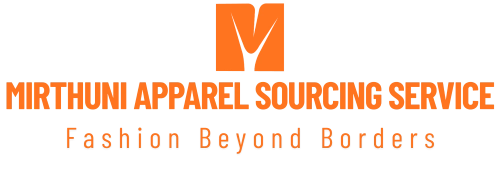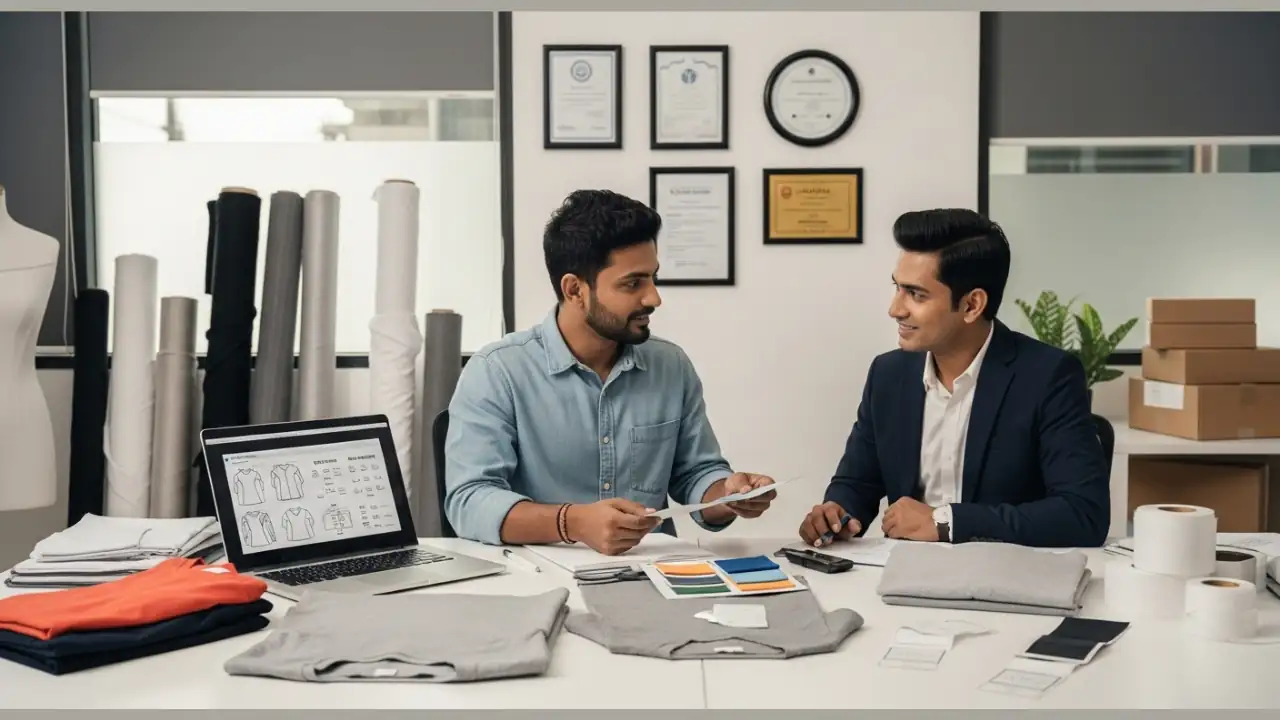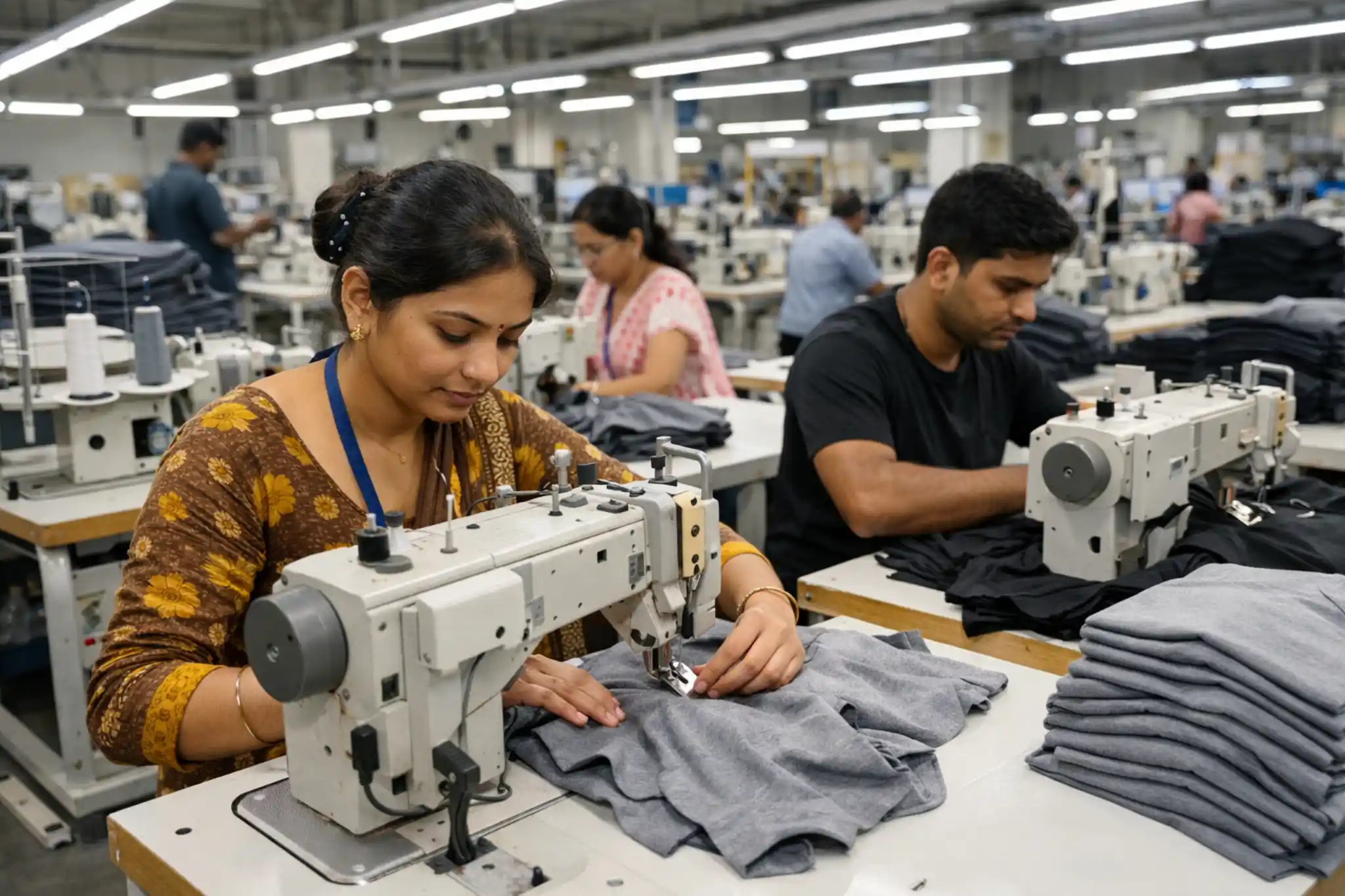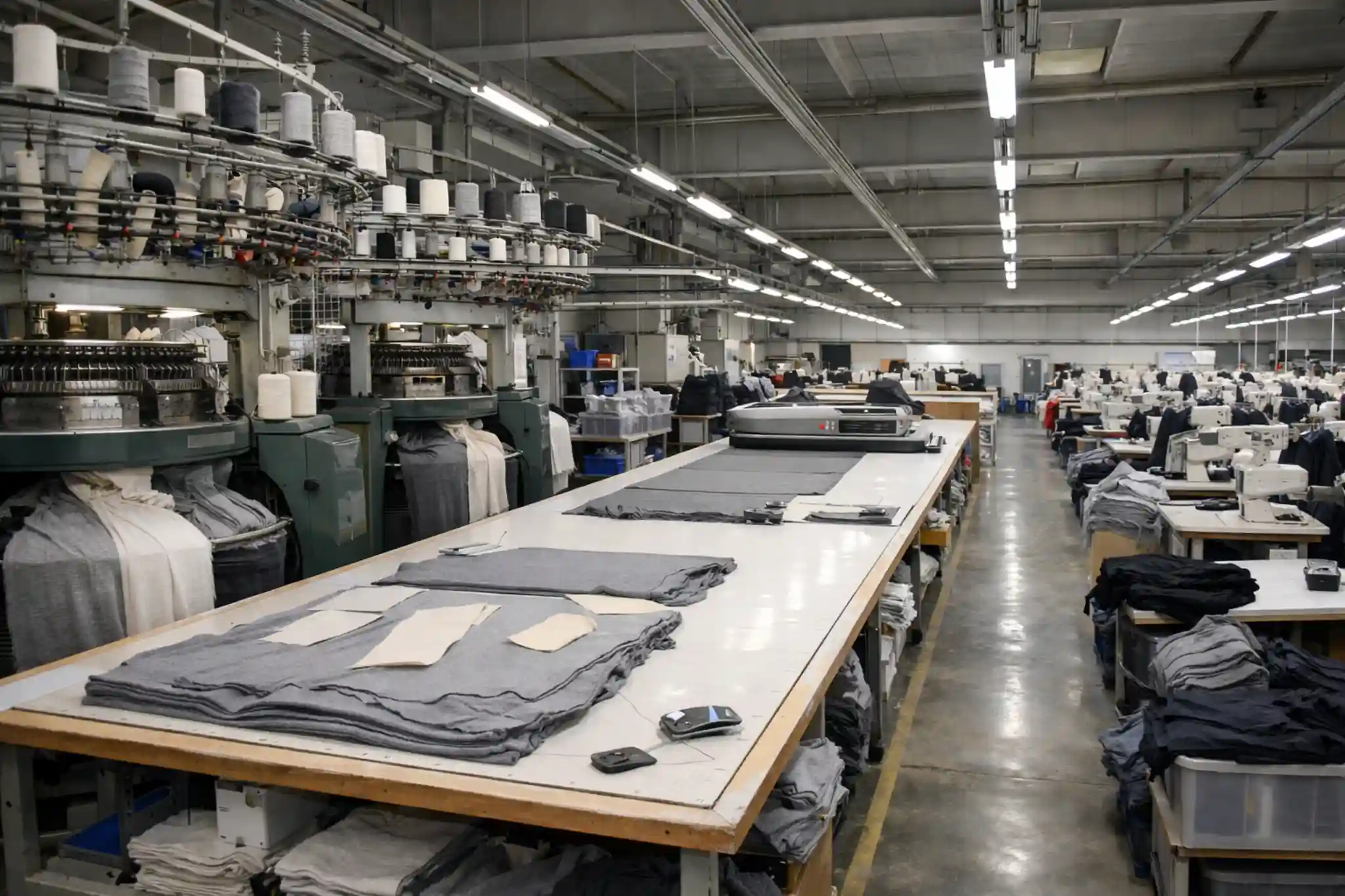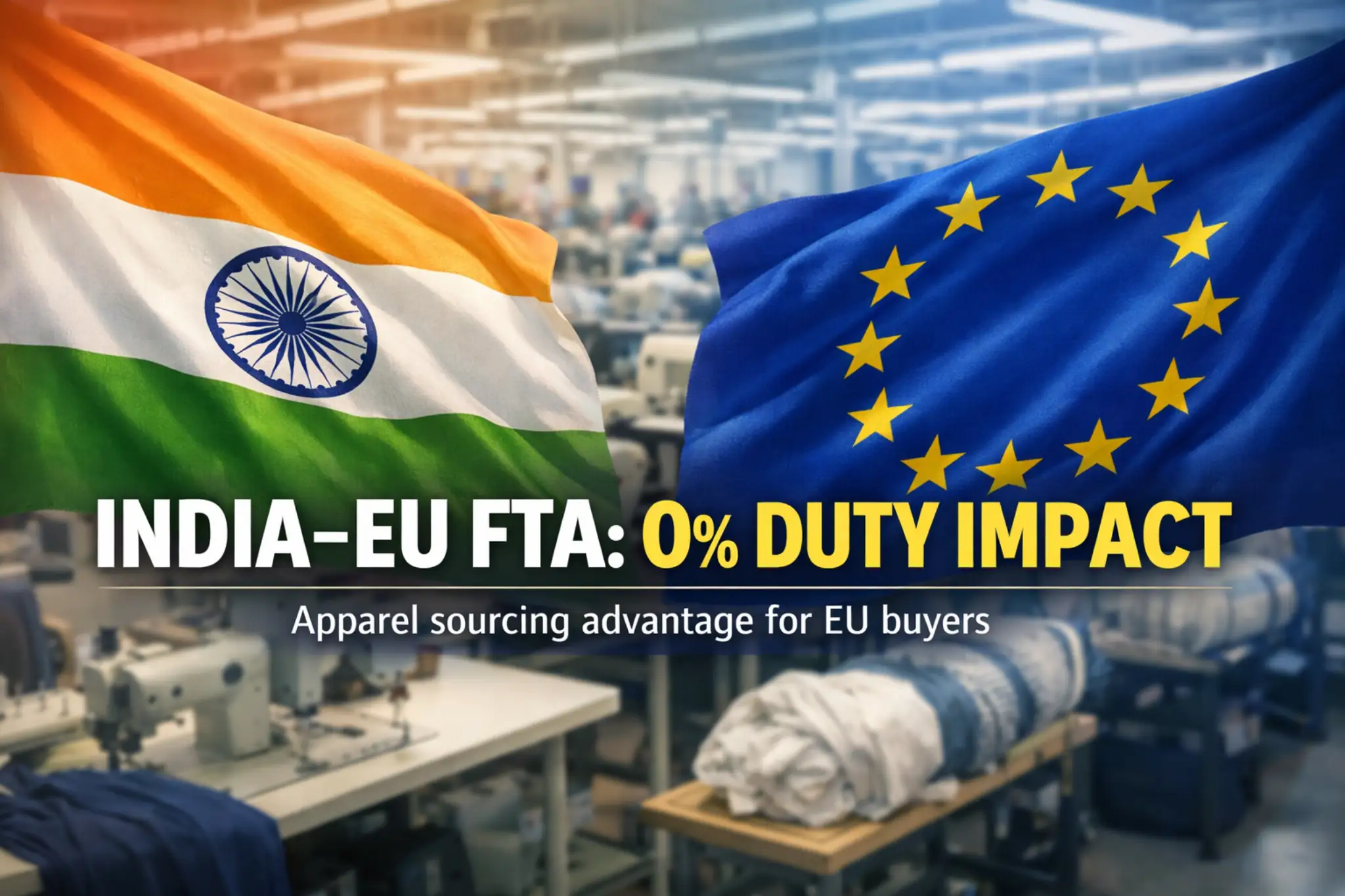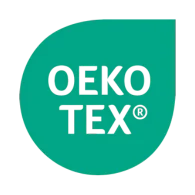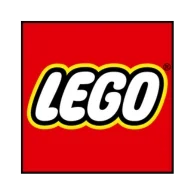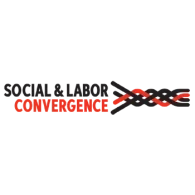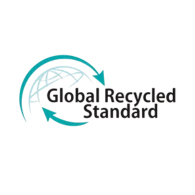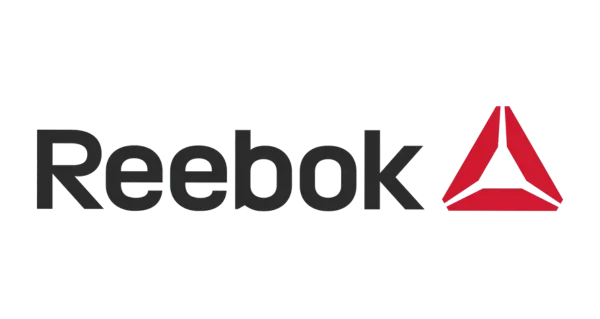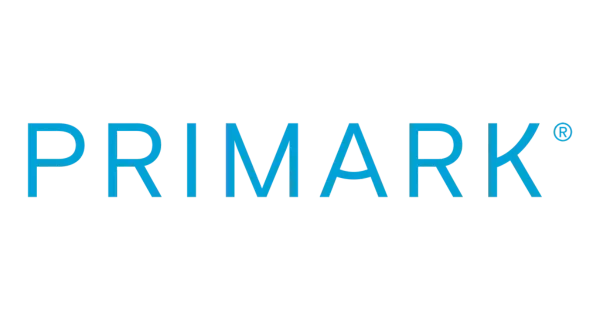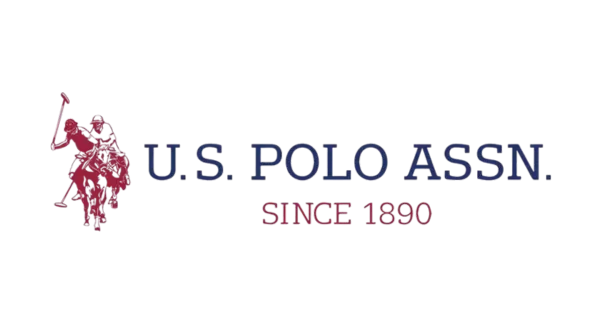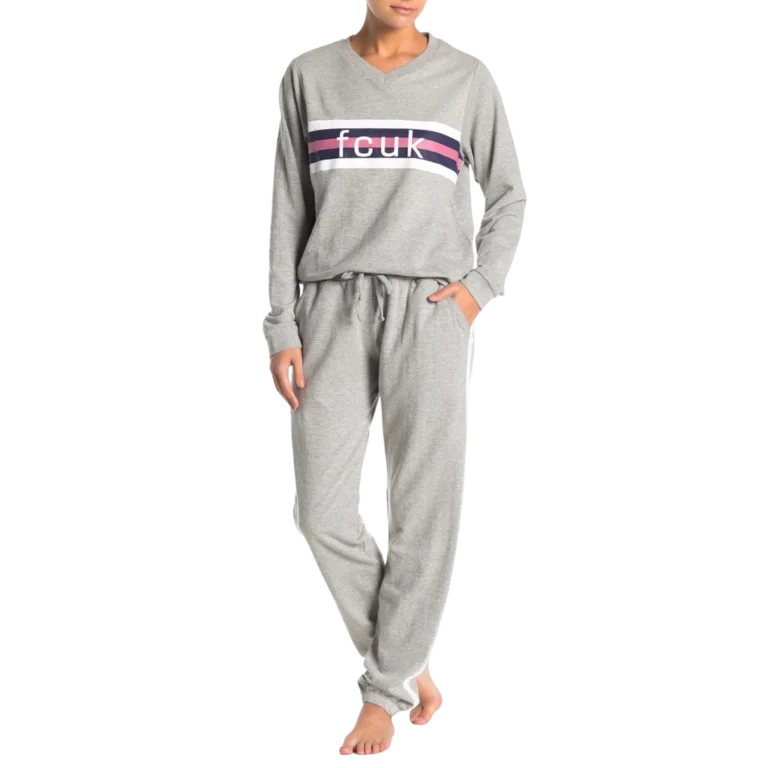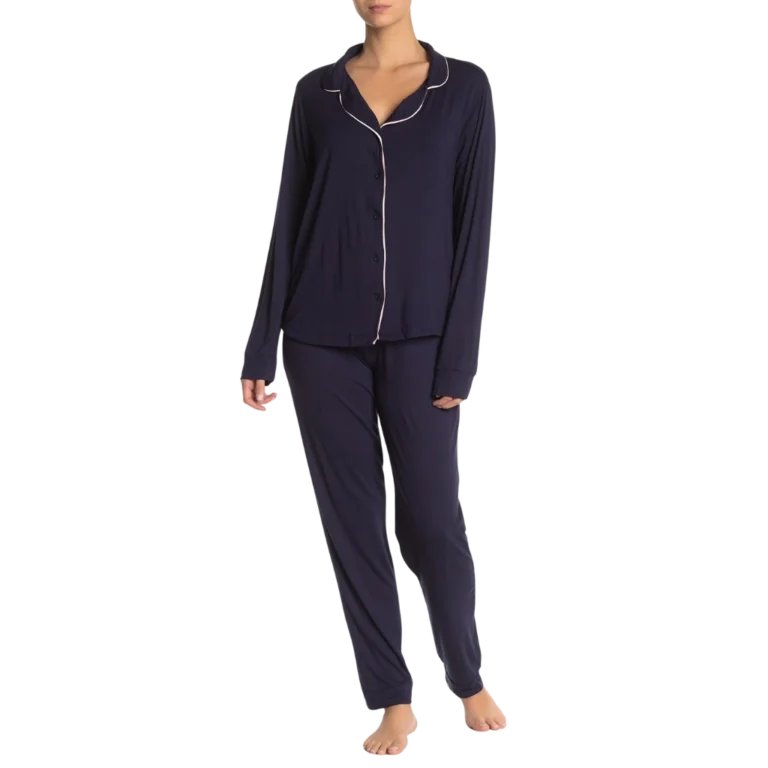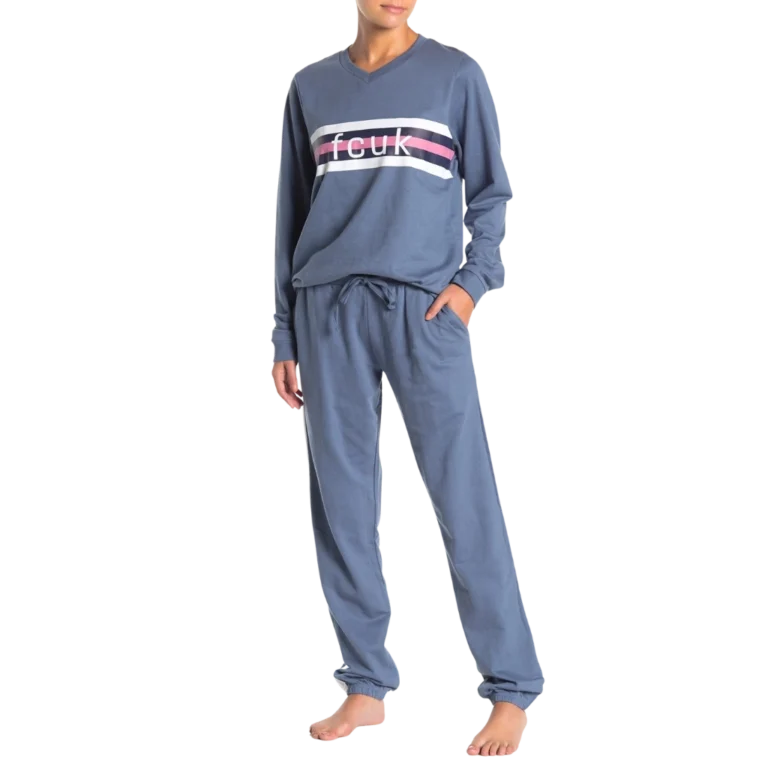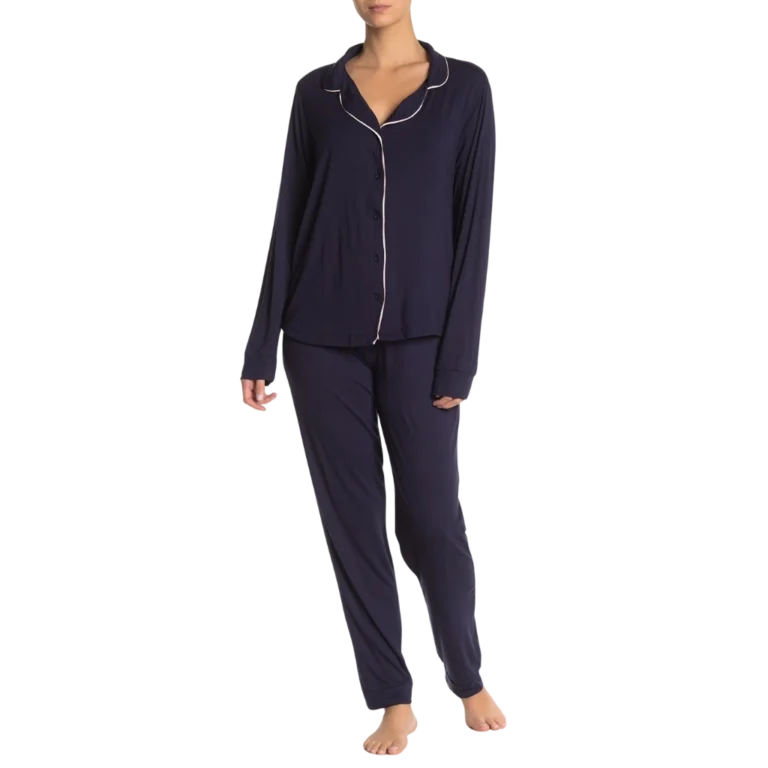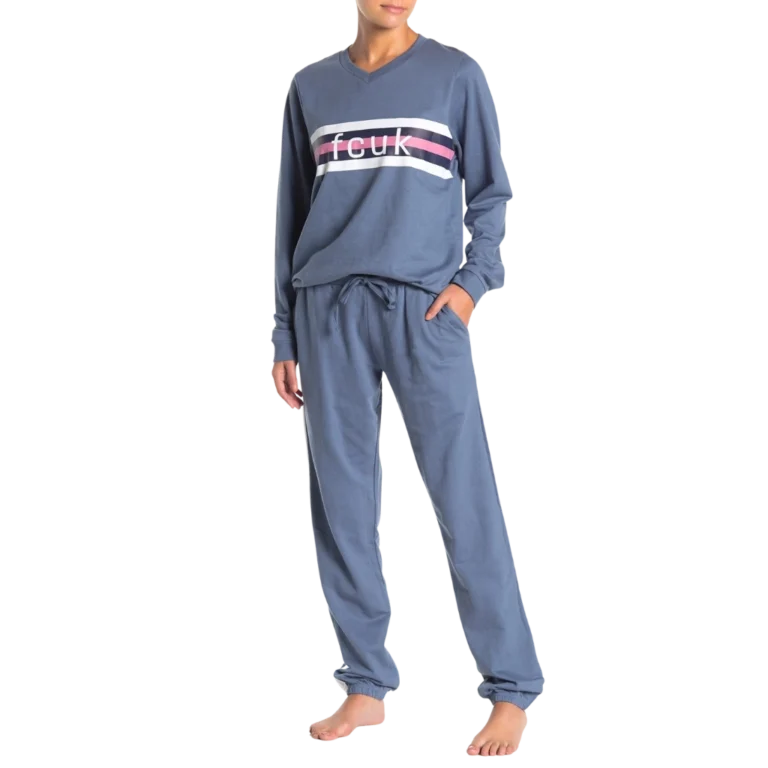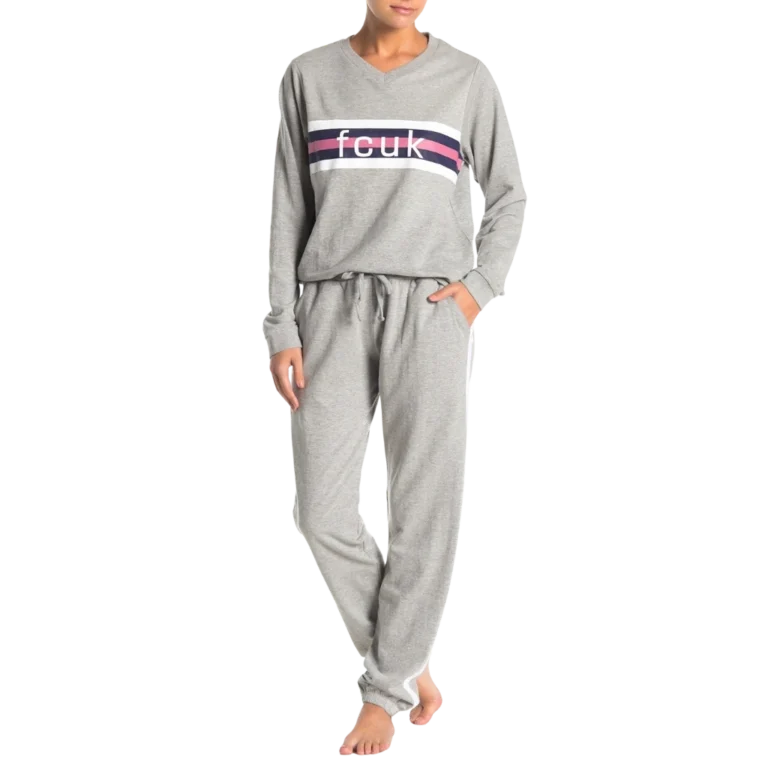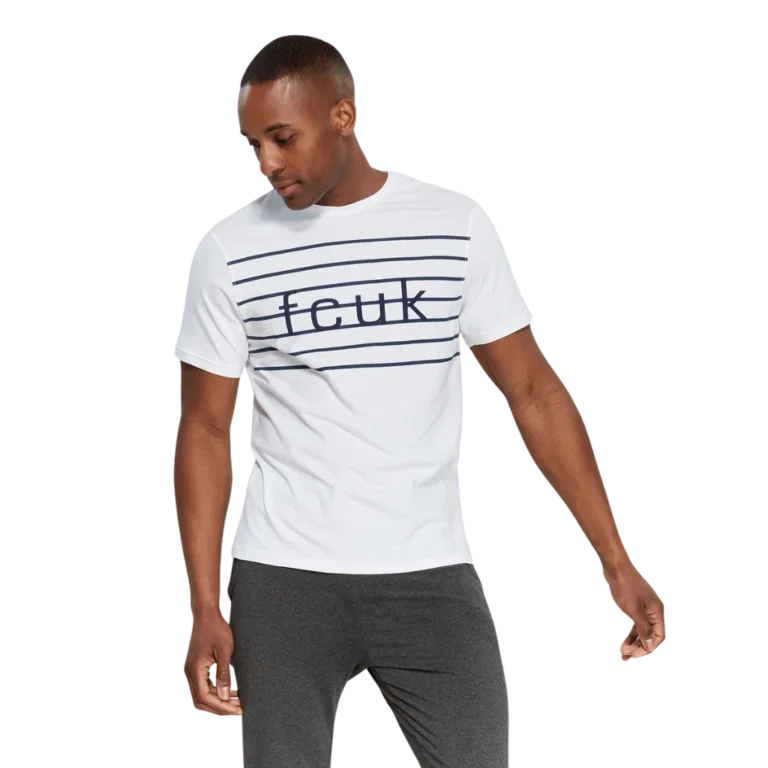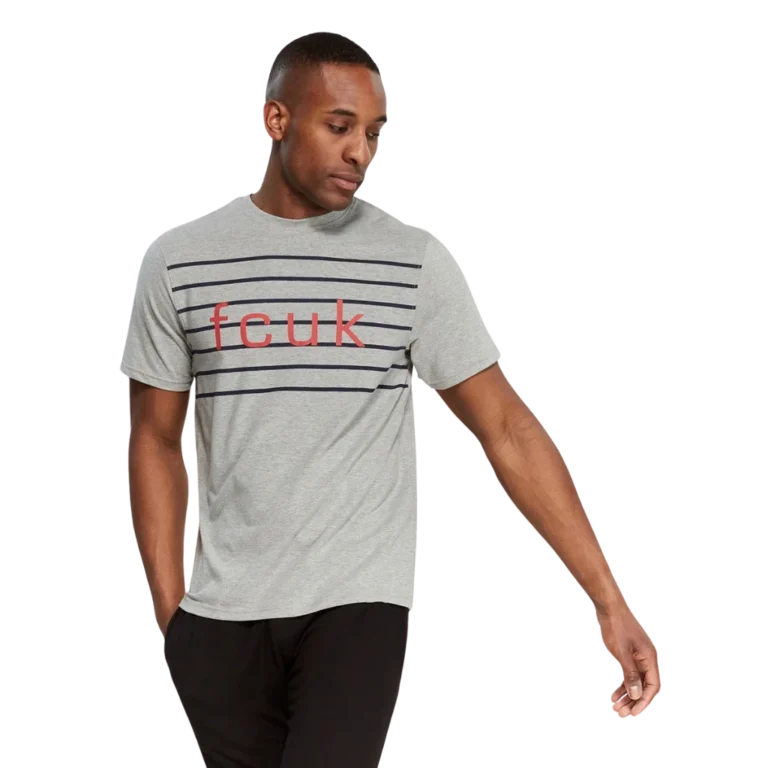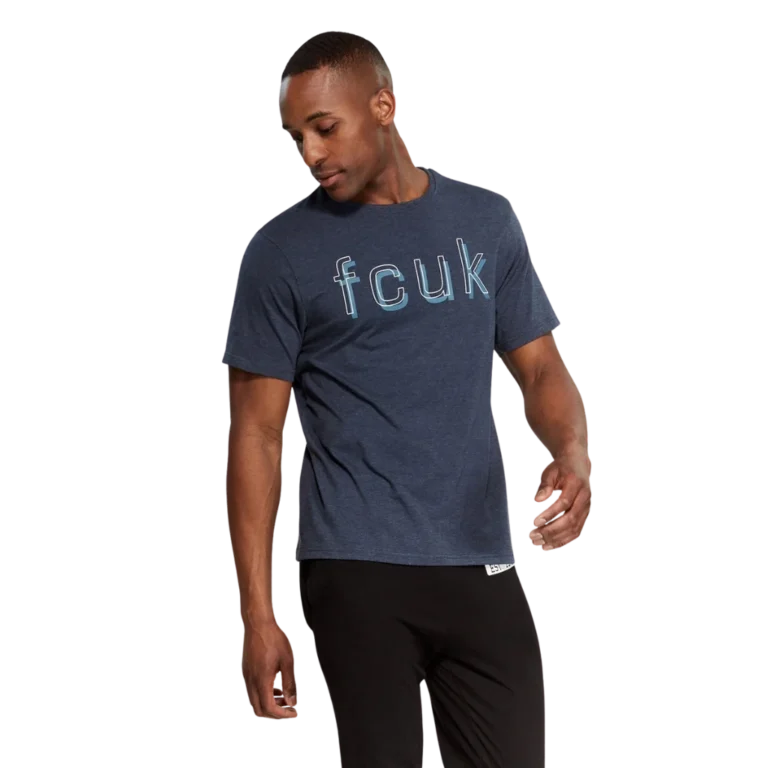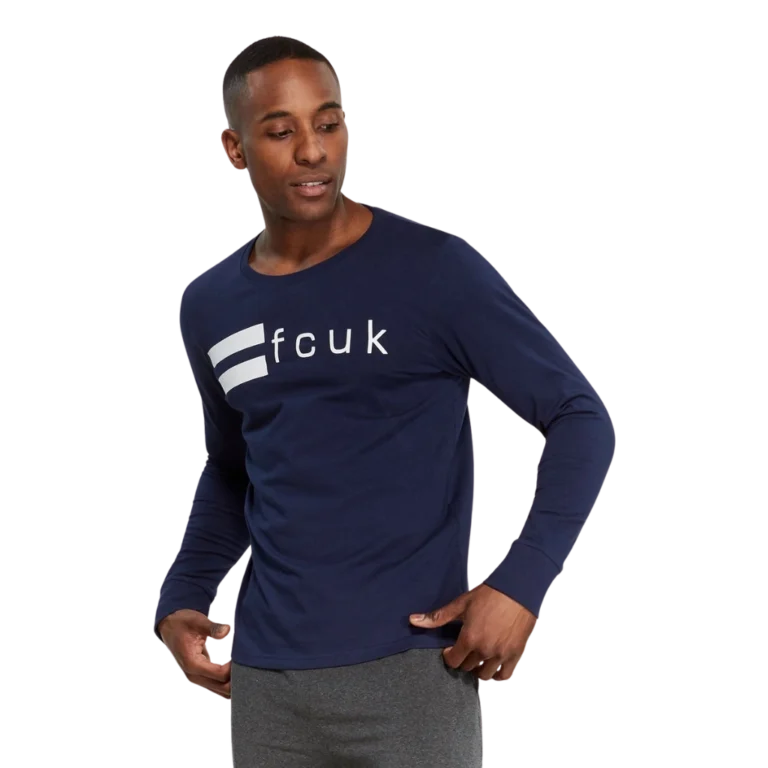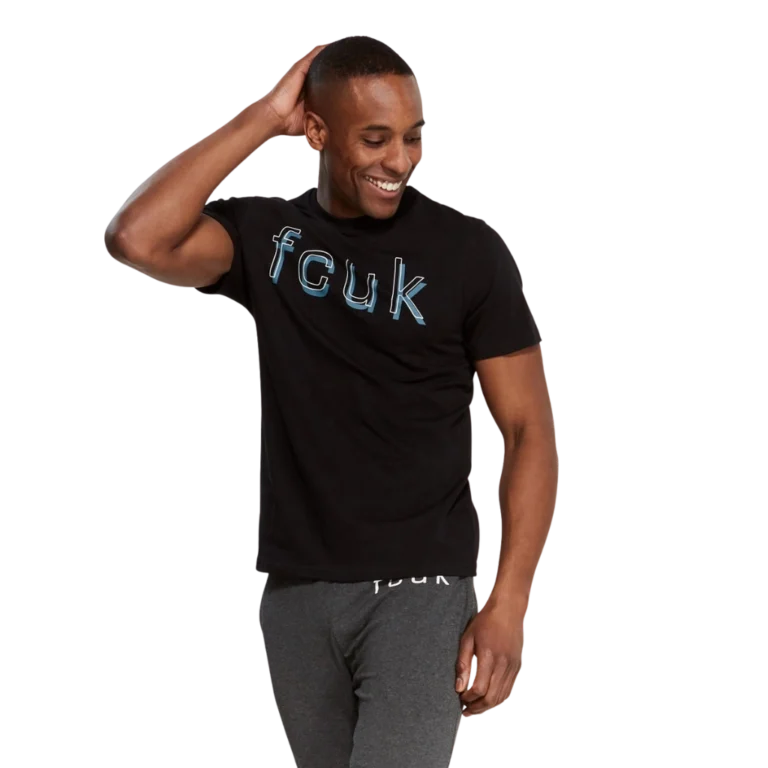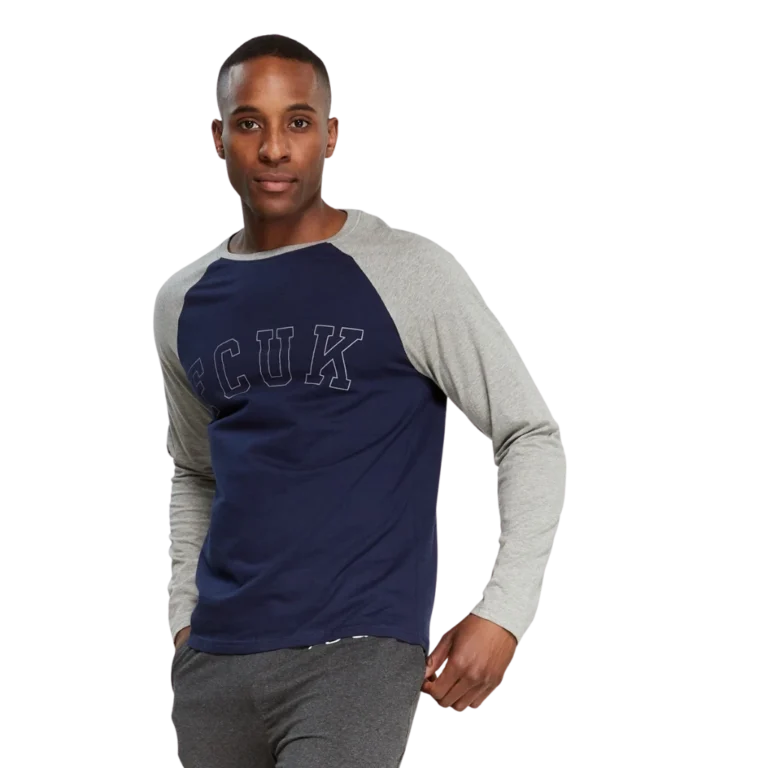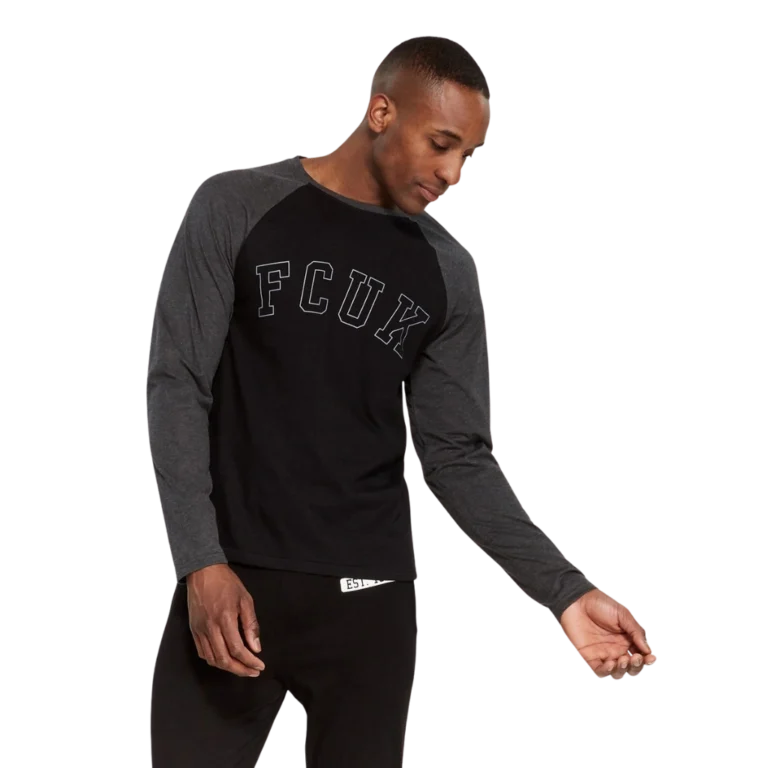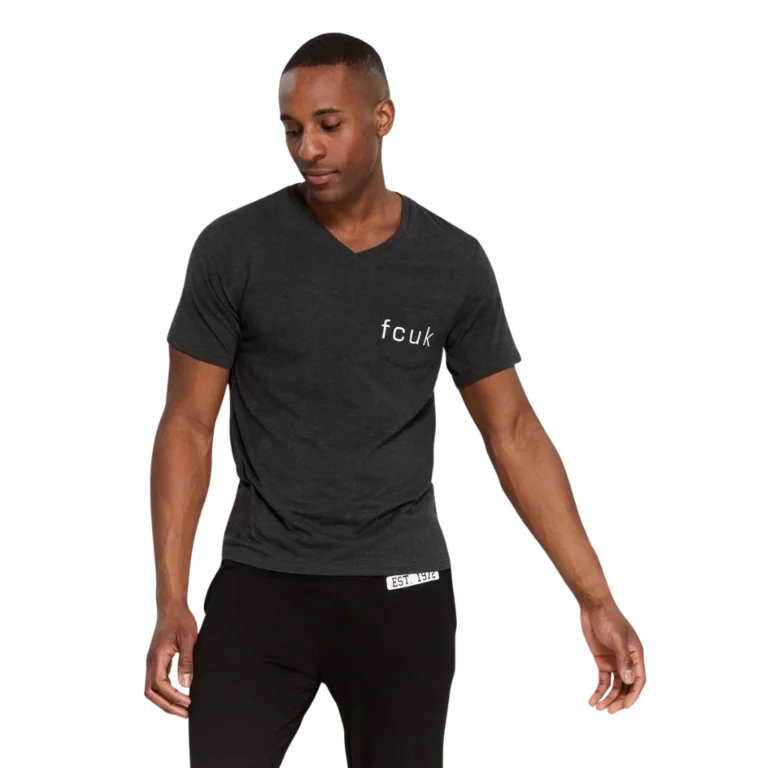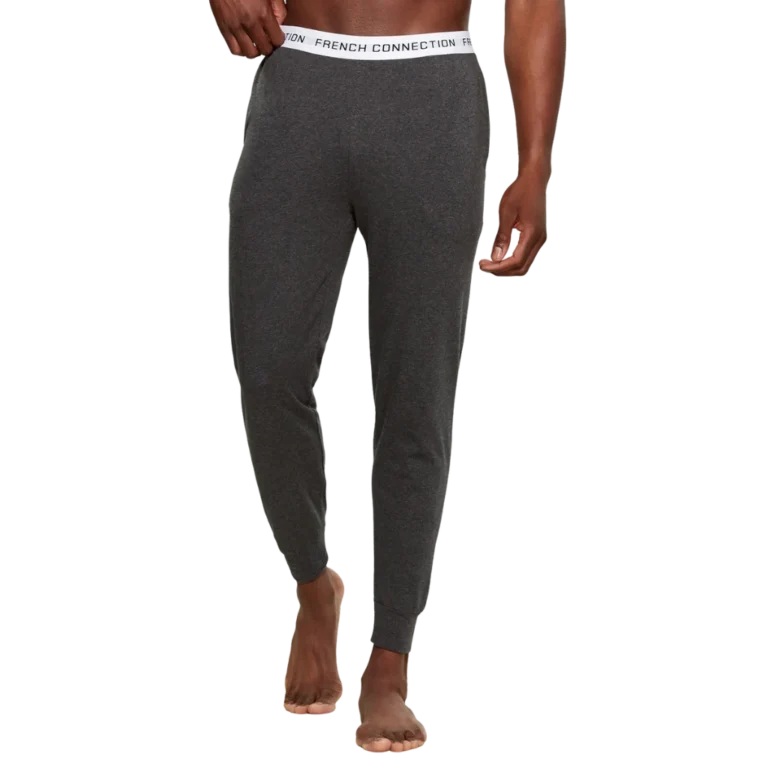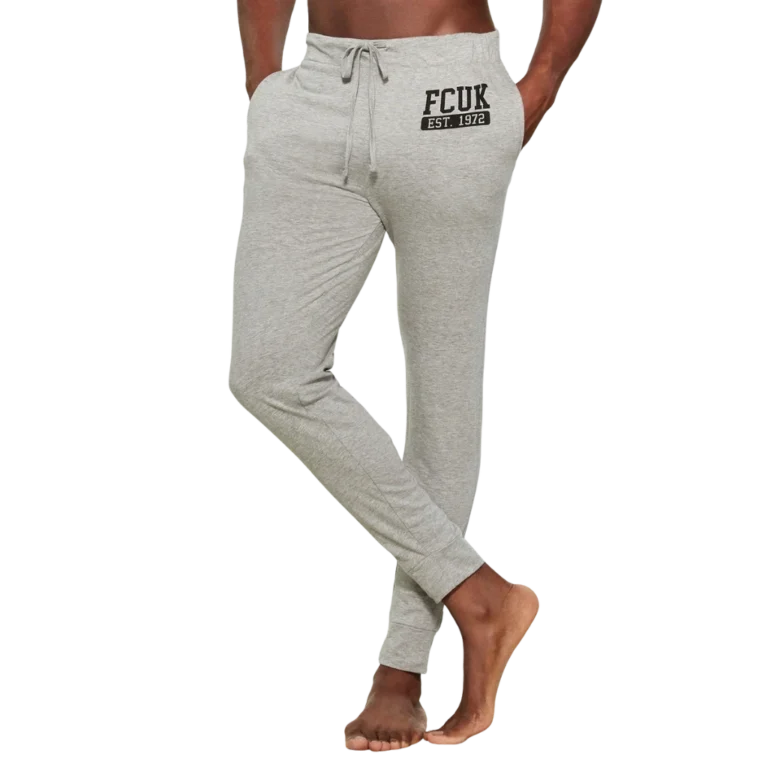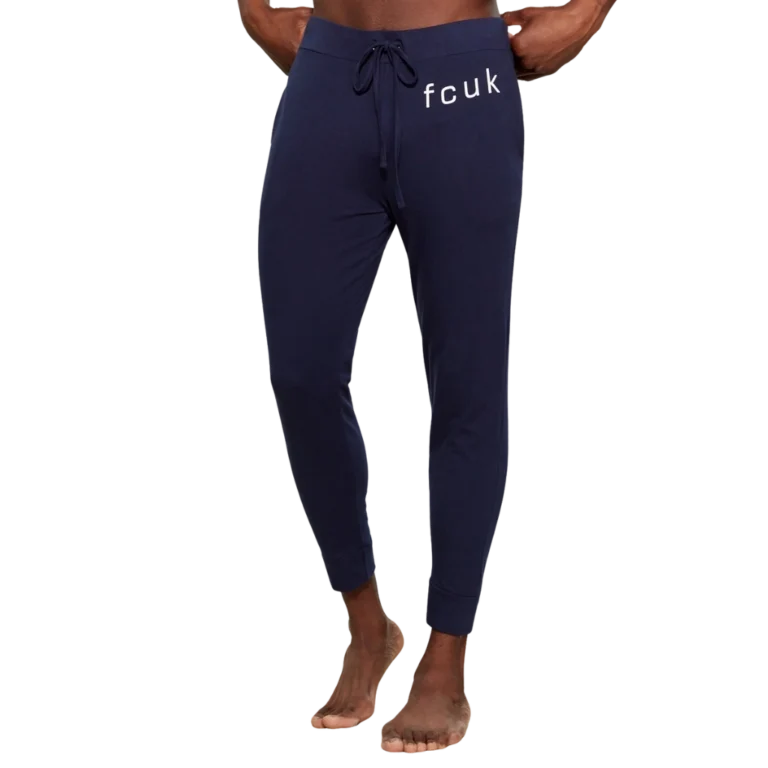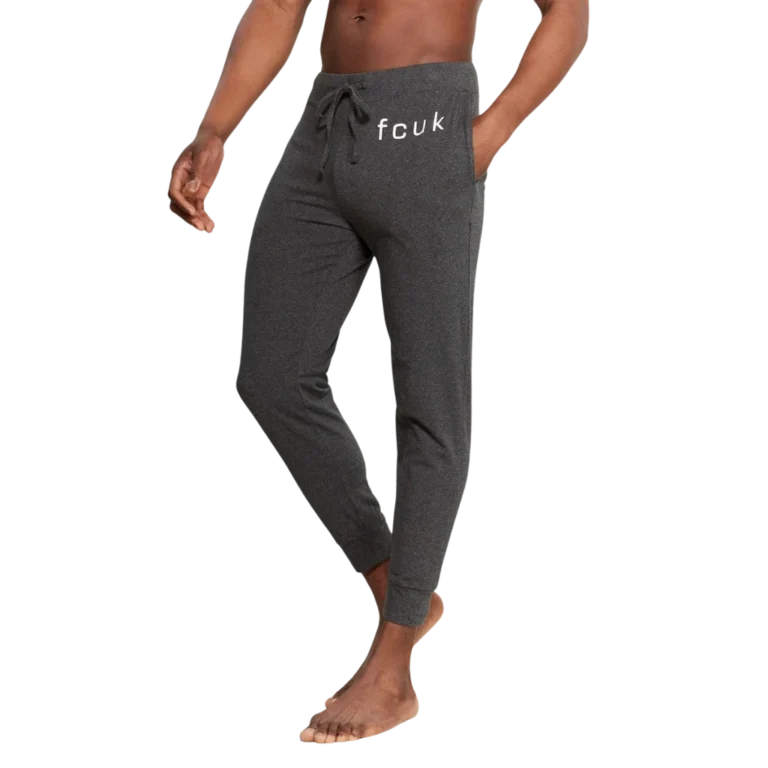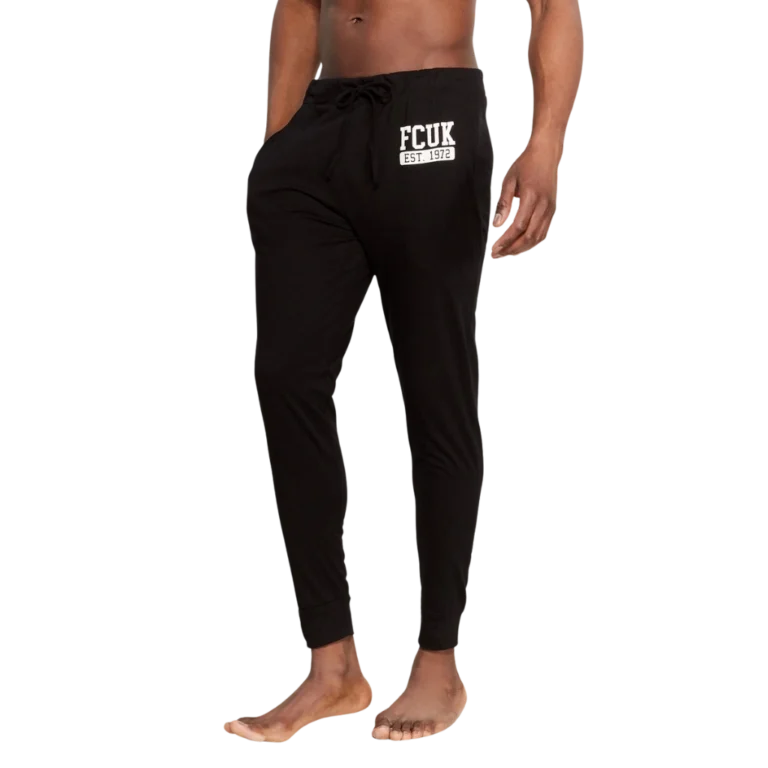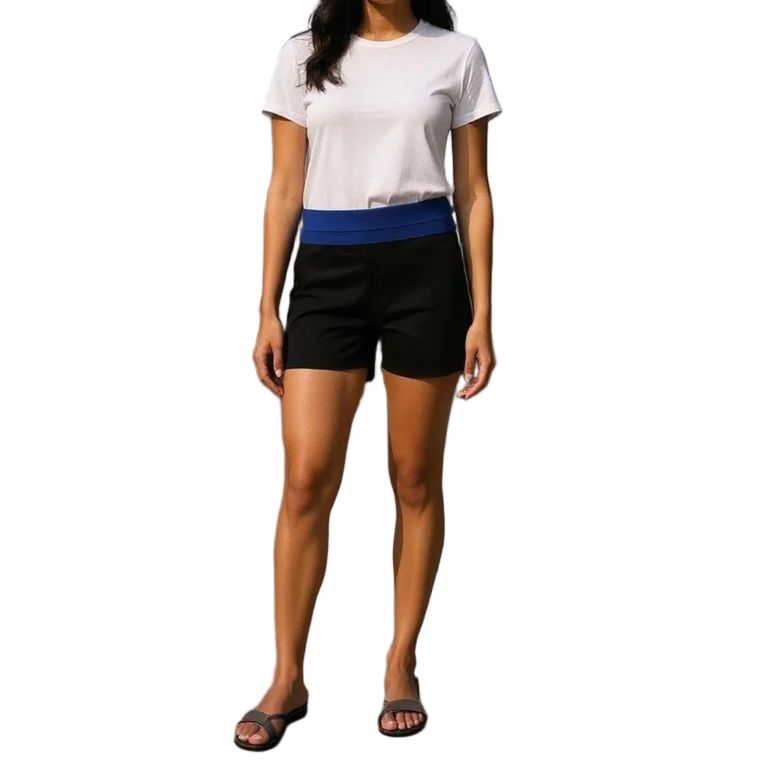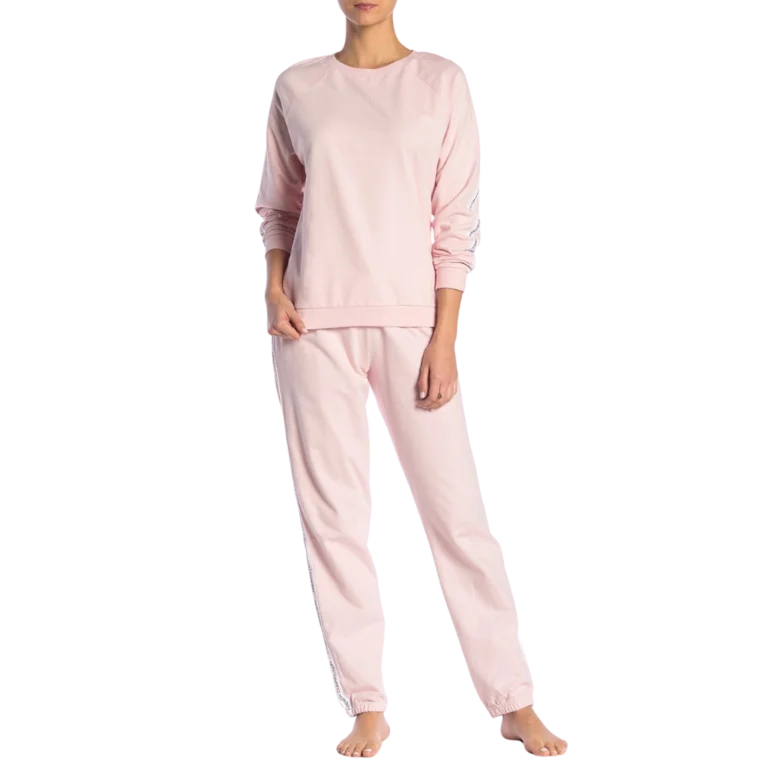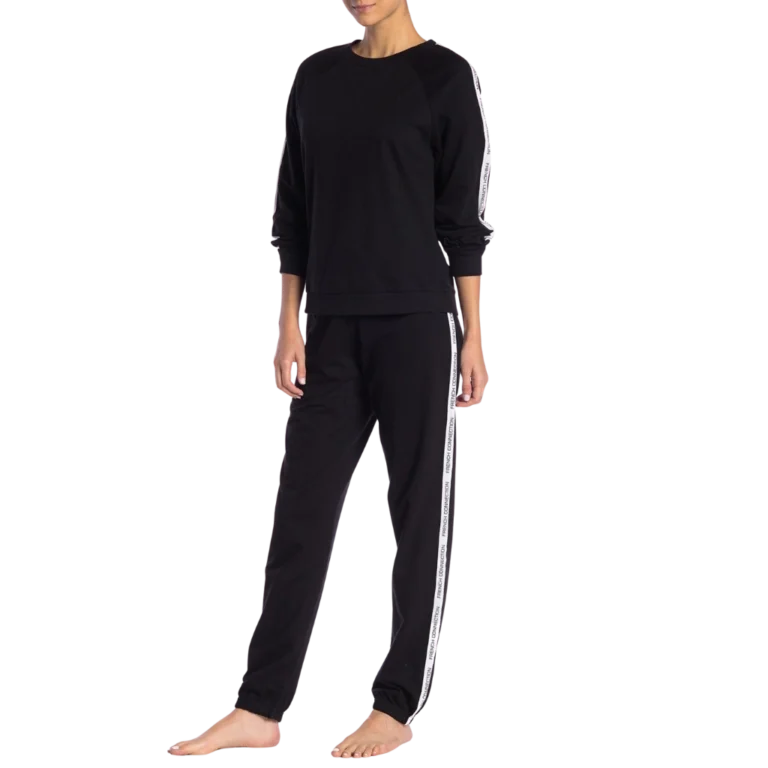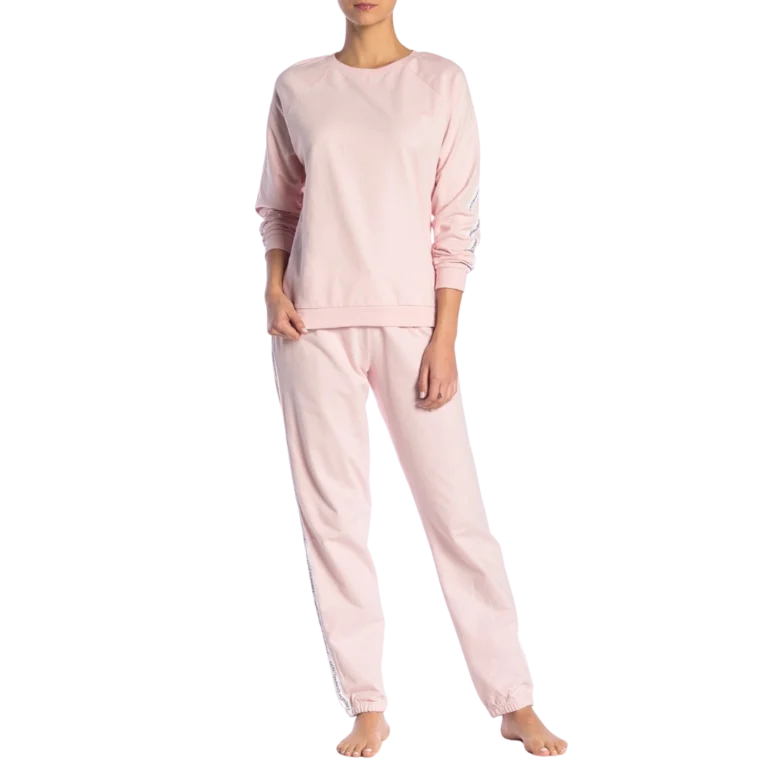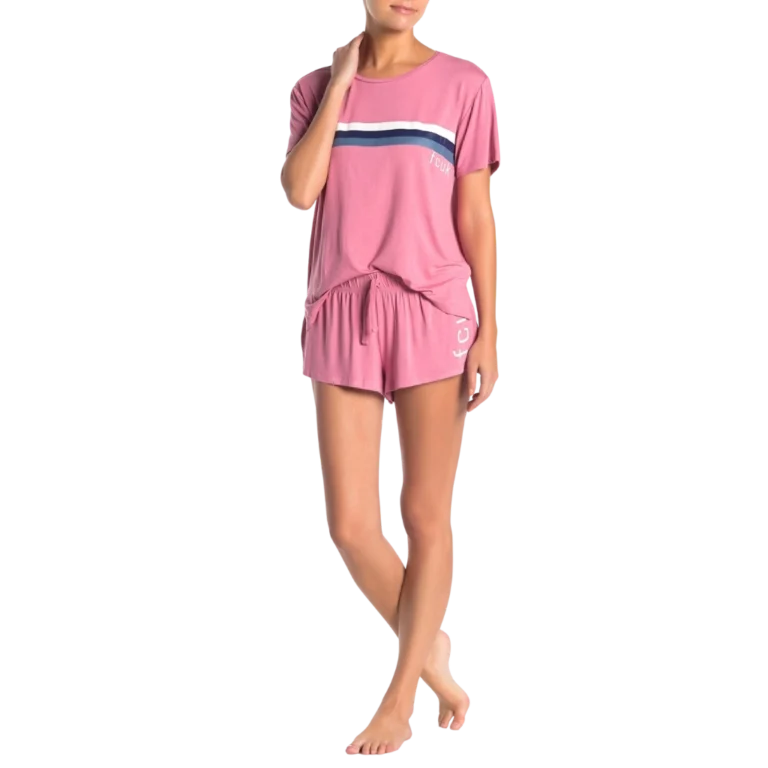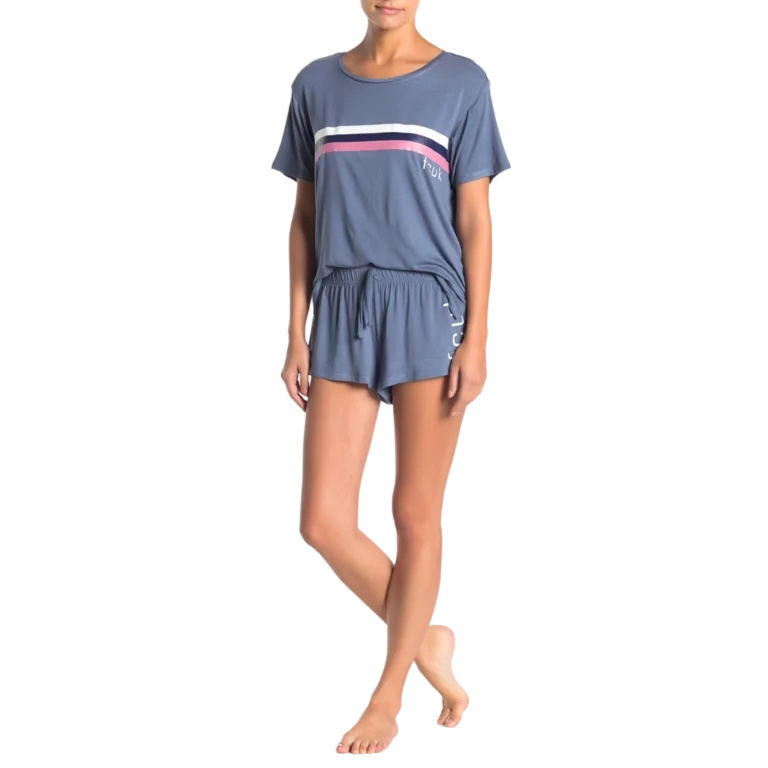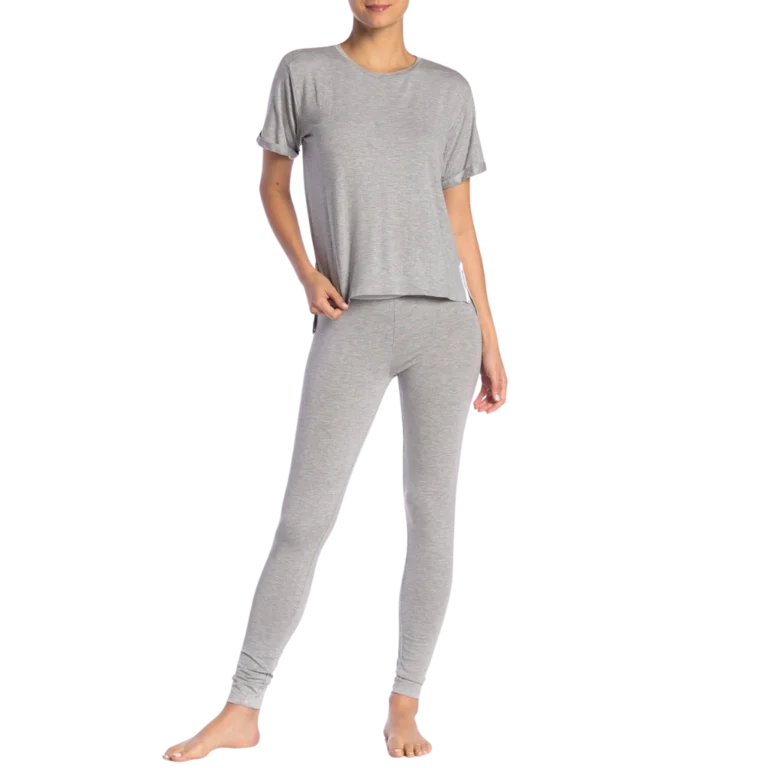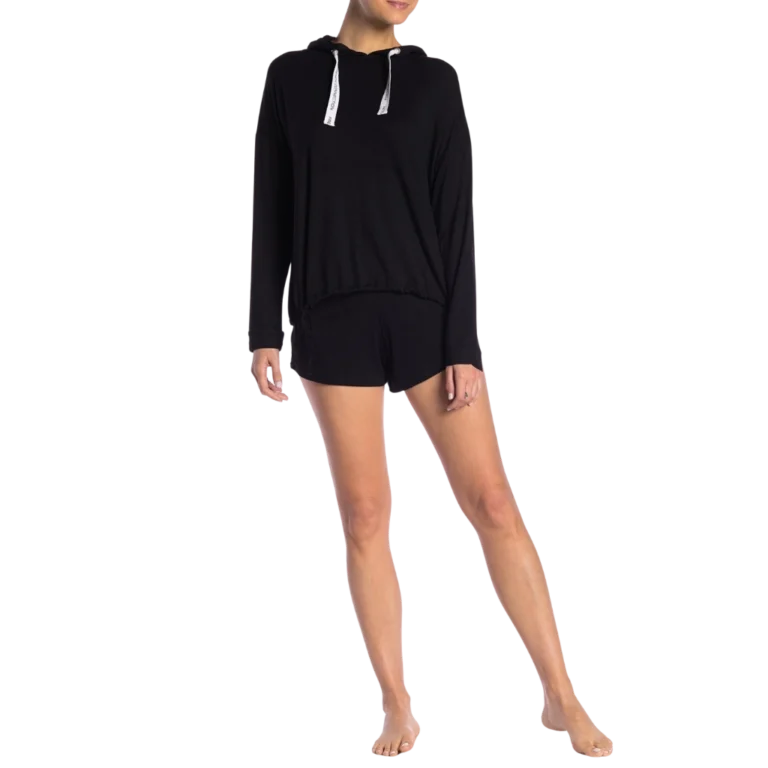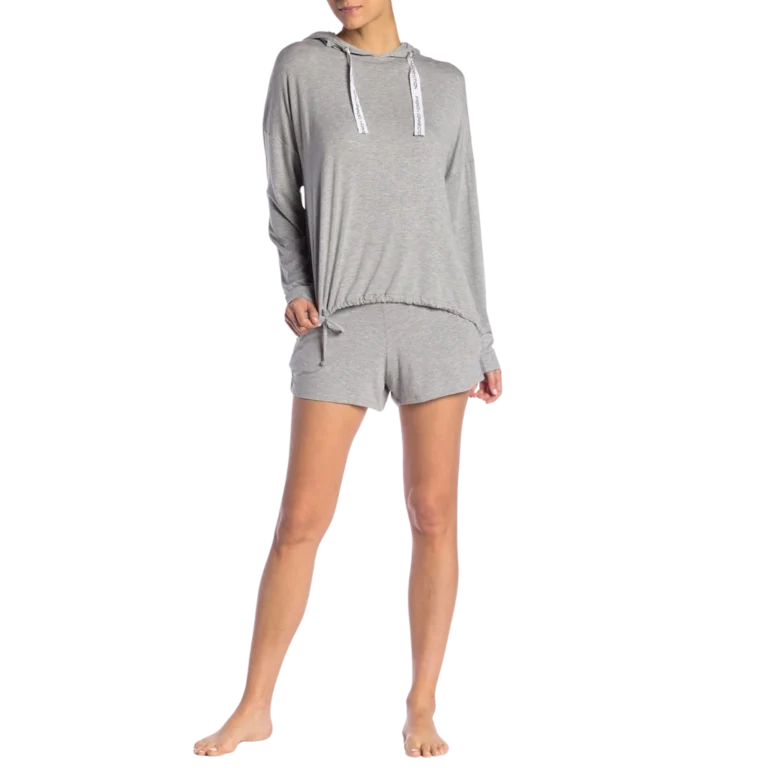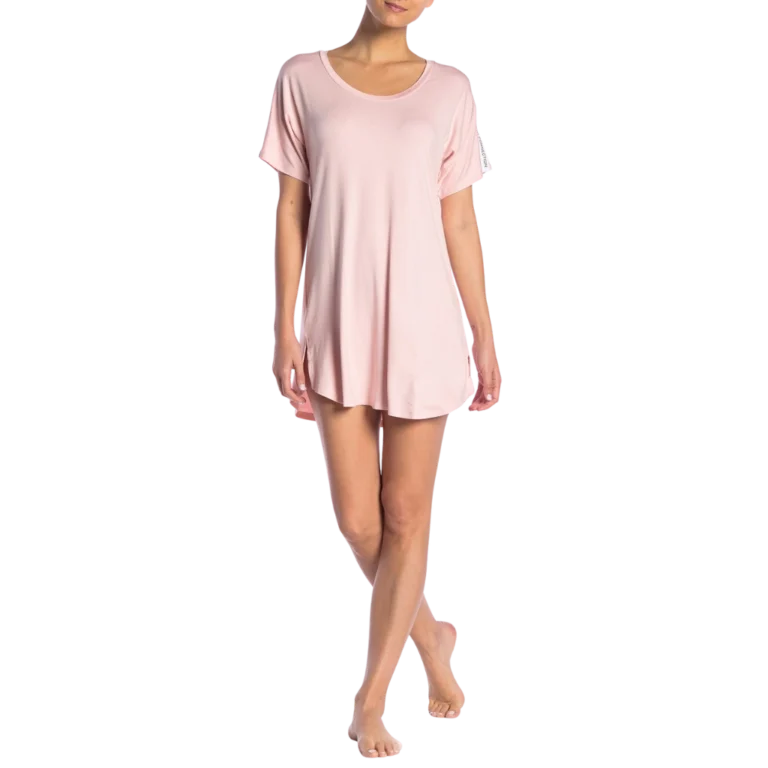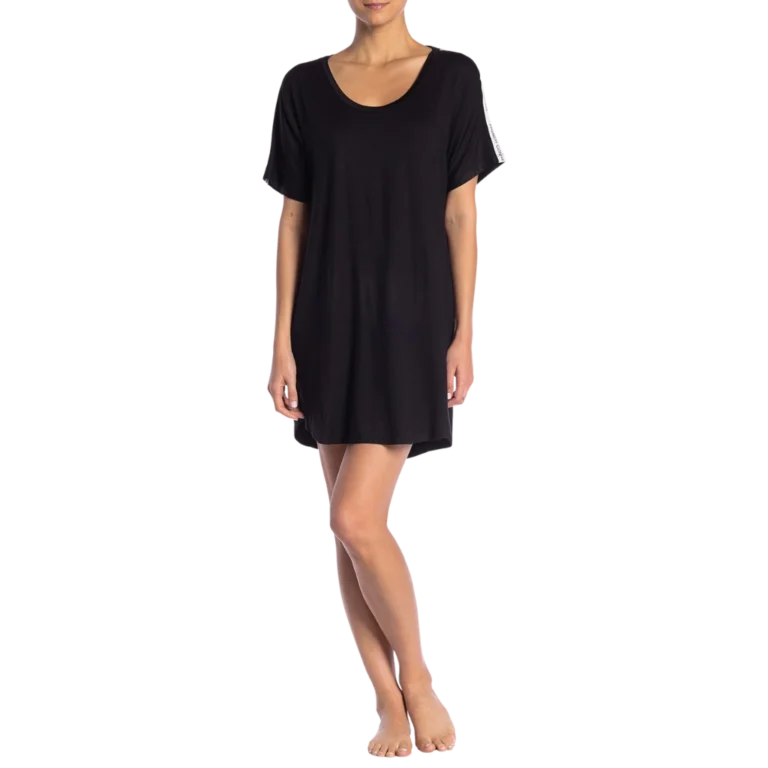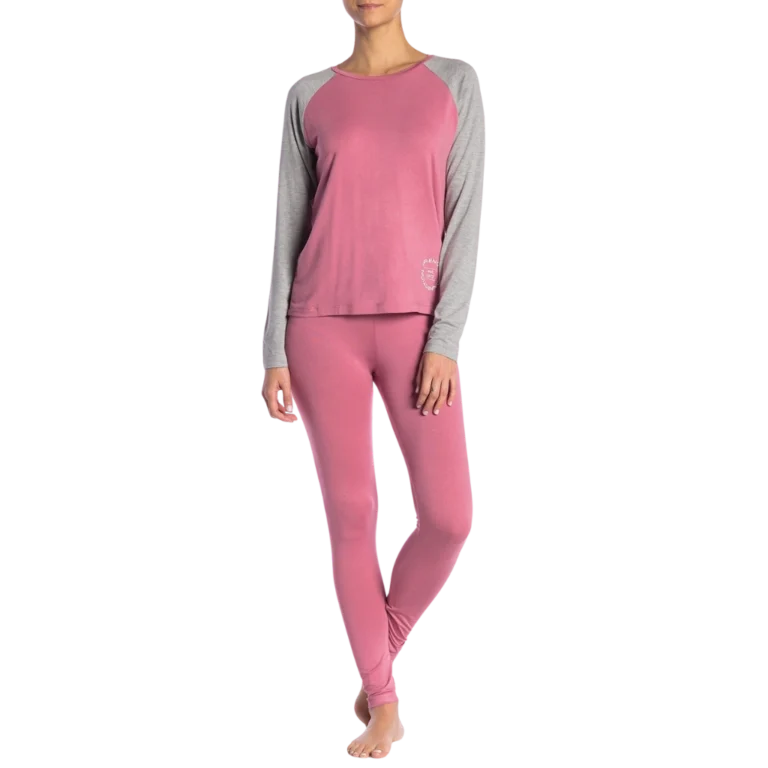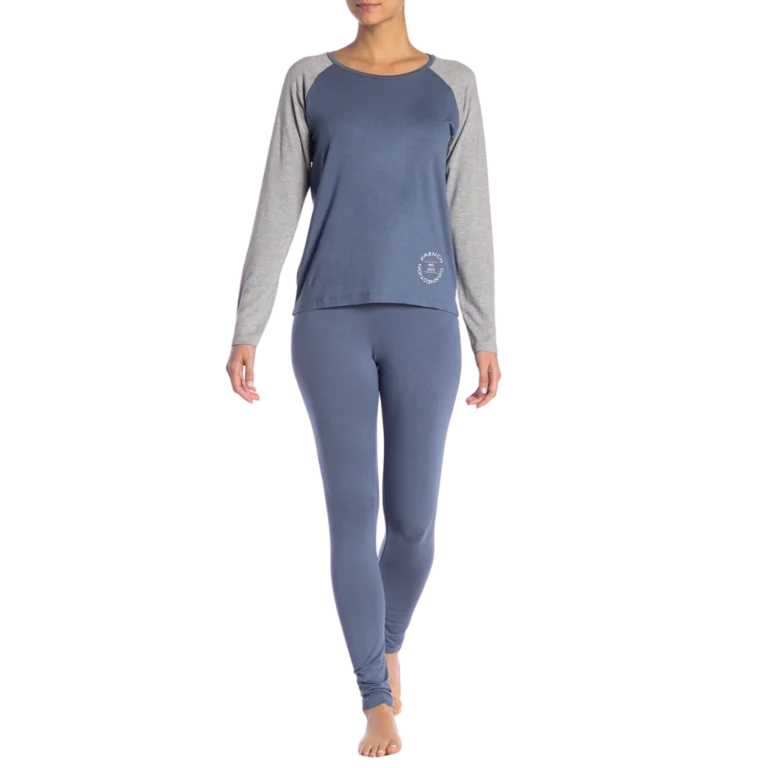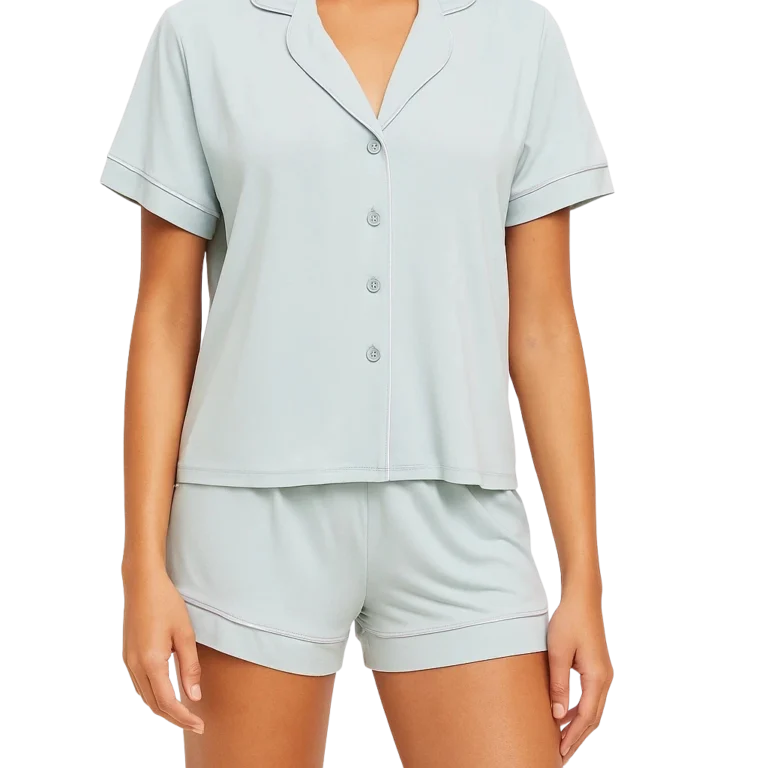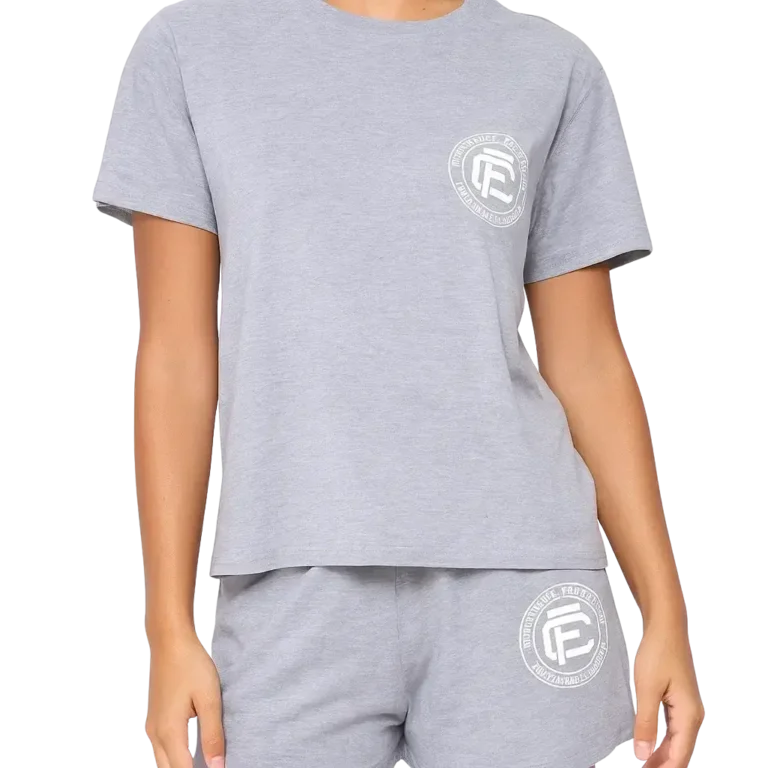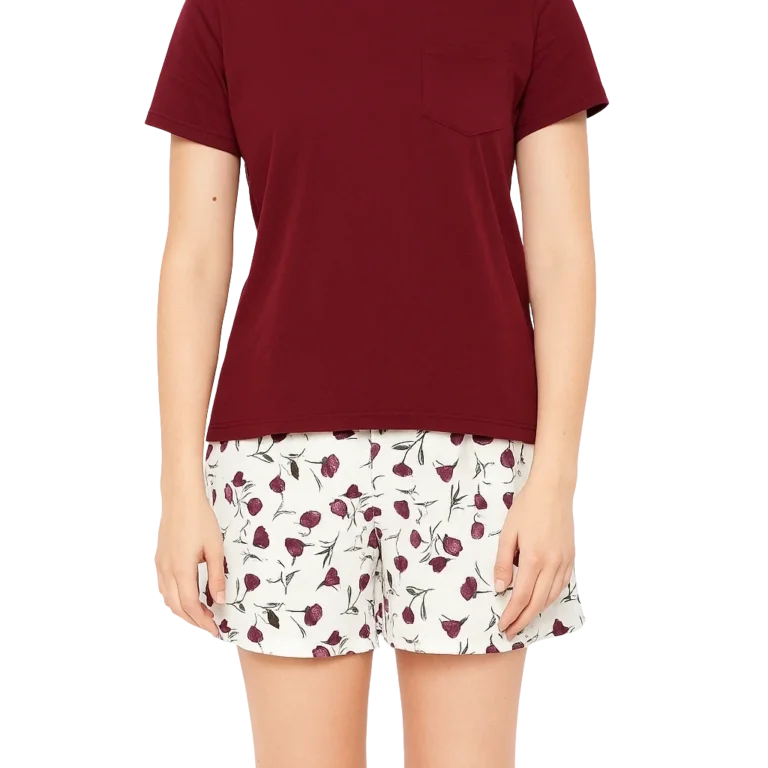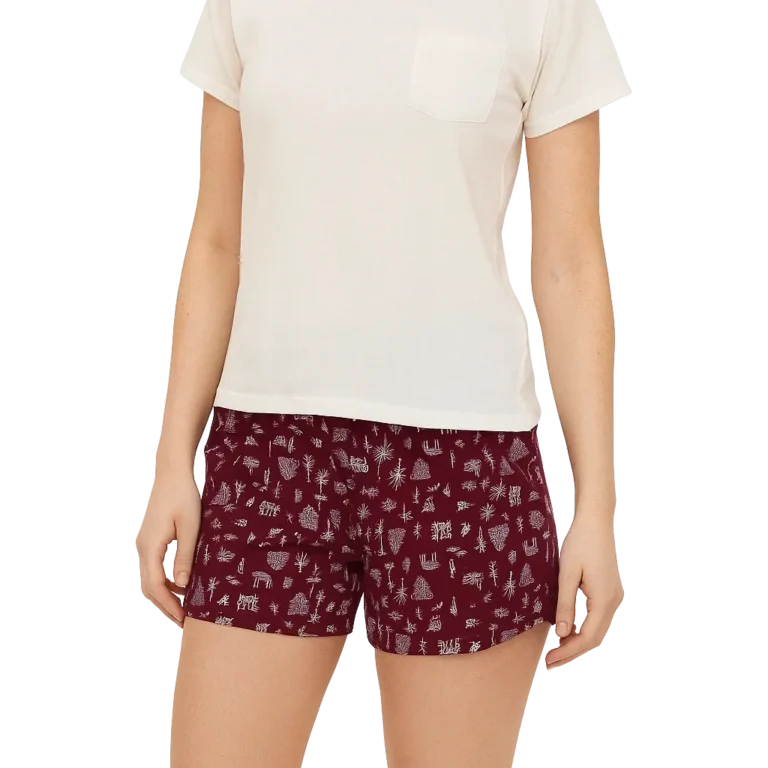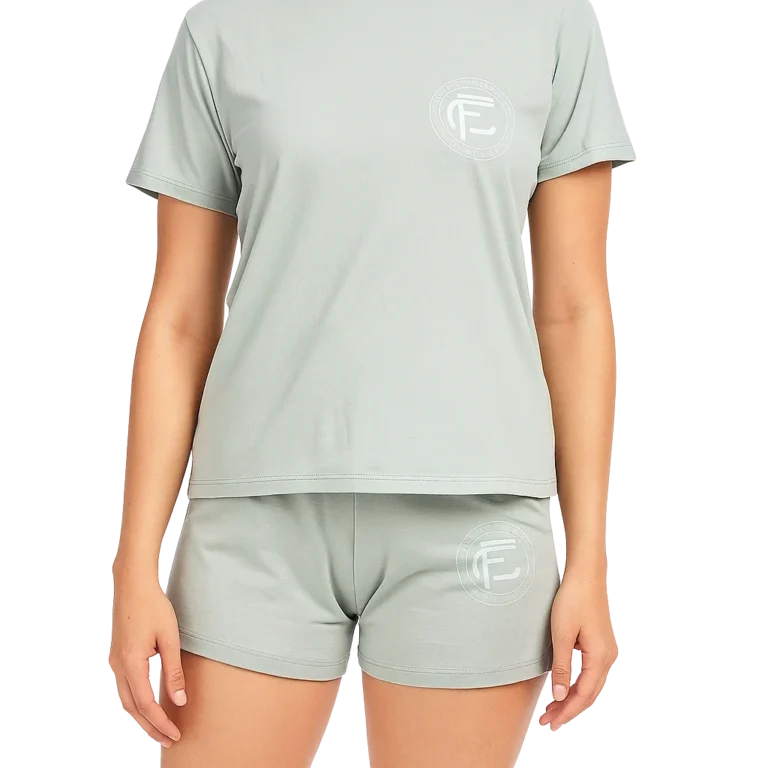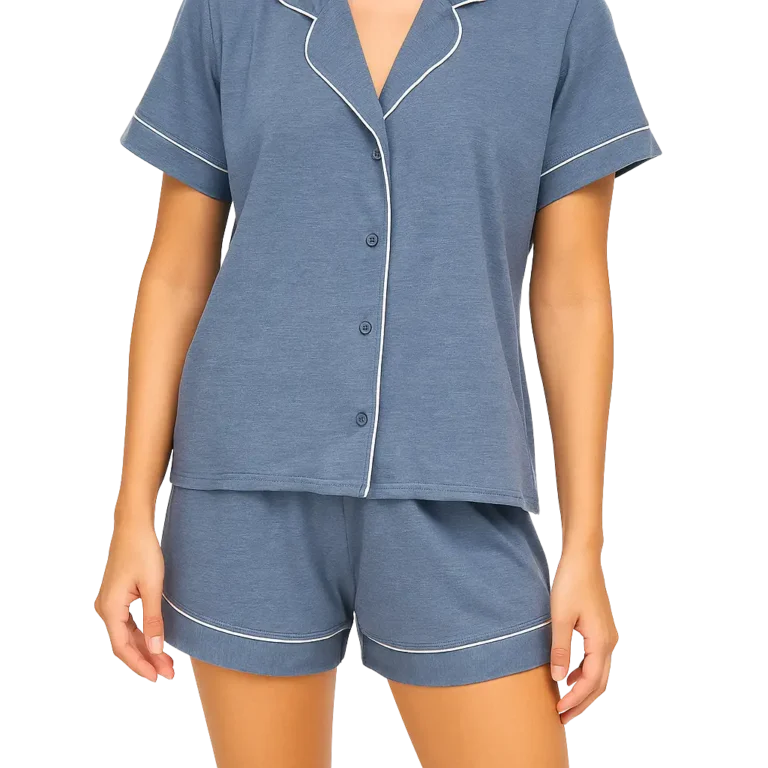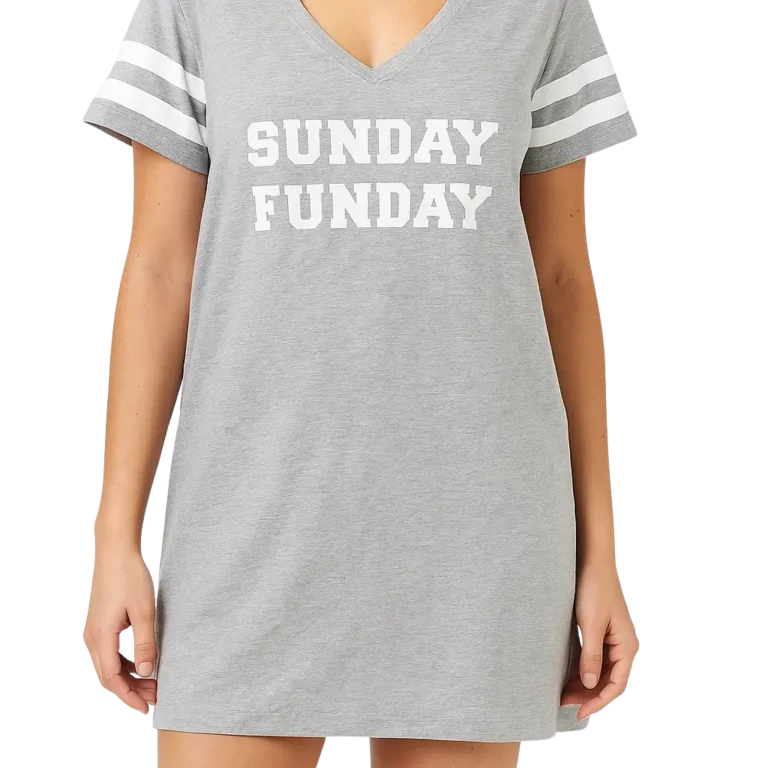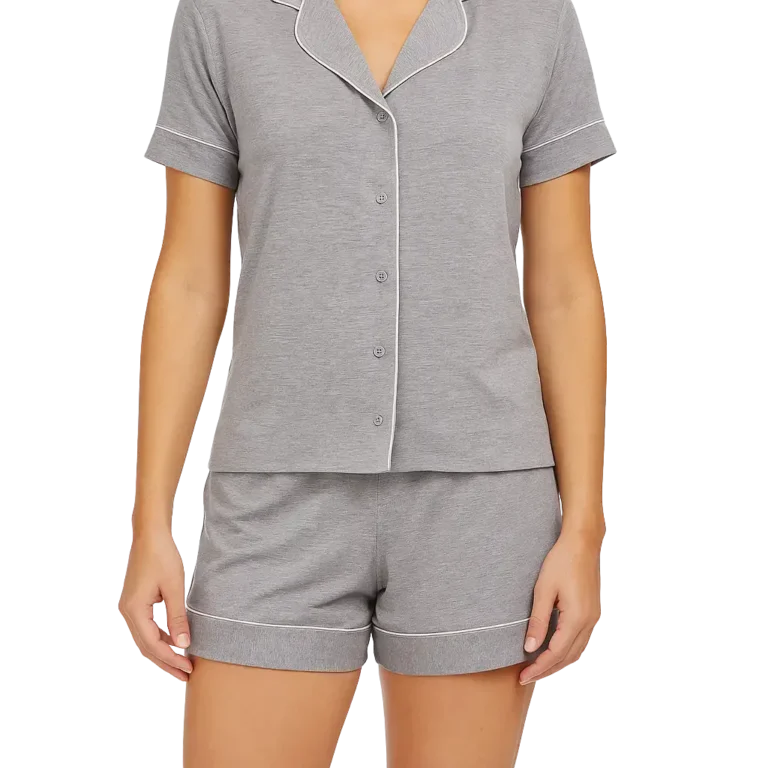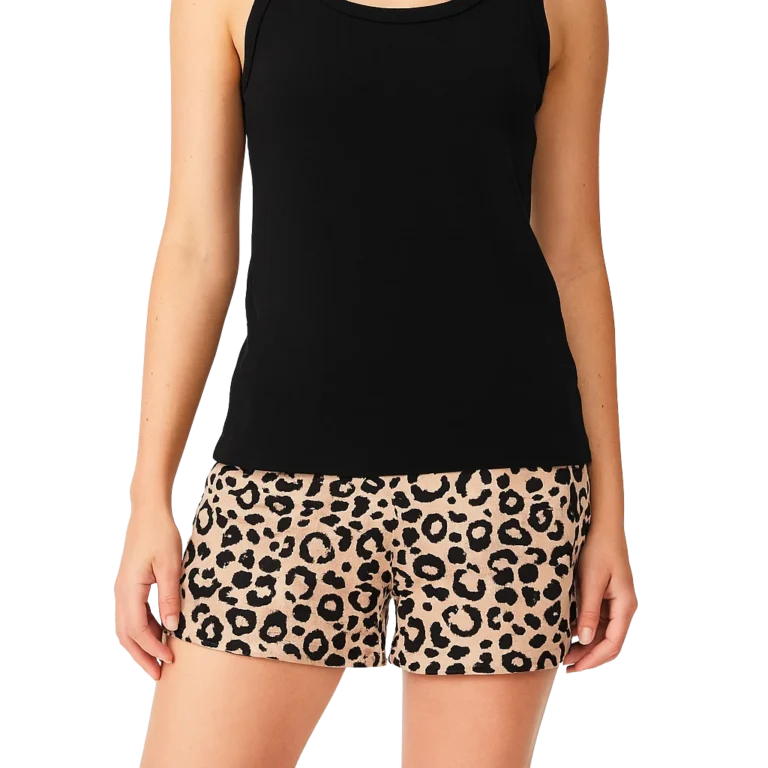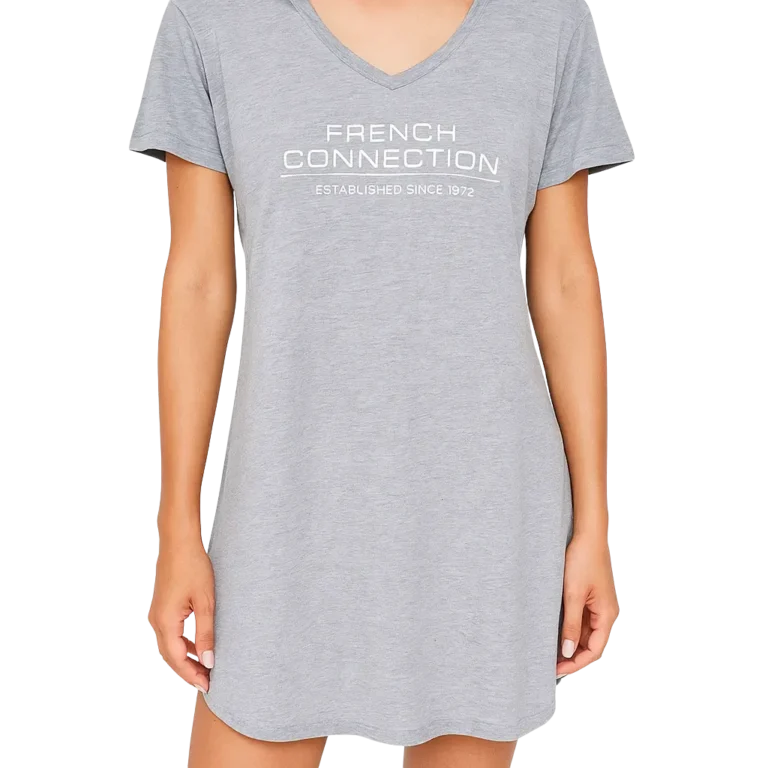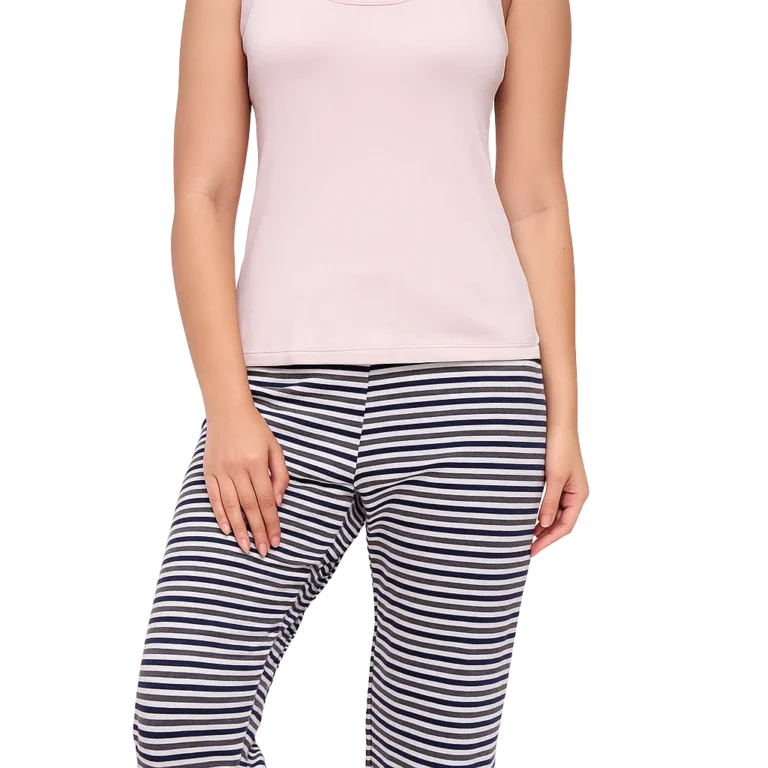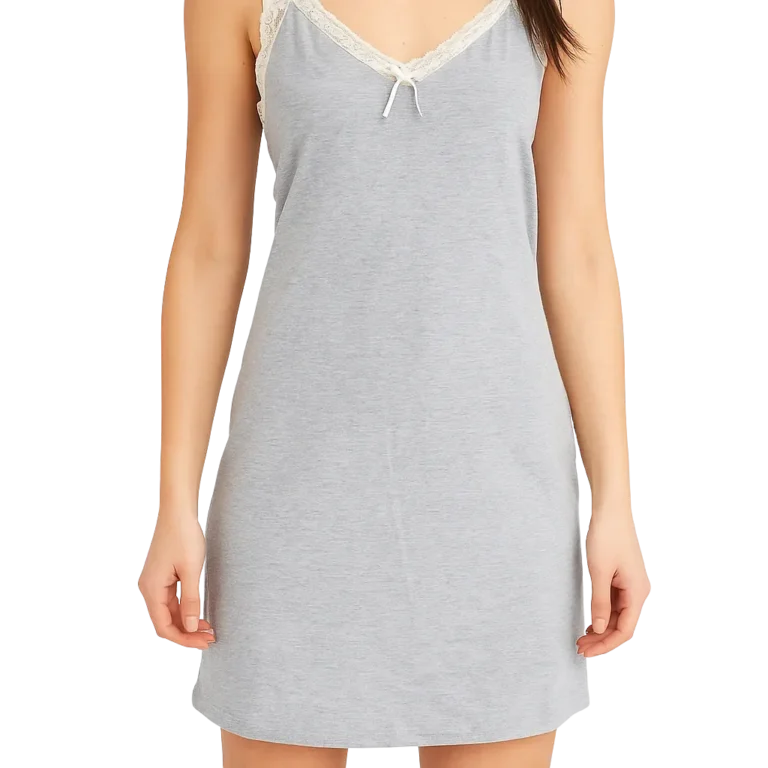Launching or scaling a fashion label involves many decisions, but few have a bigger long-term impact than choosing your supply chain partner. One of the most common misunderstandings we see at Mirthuni Apparel Sourcing is the blurred line between a wholesale t-shirt manufacturer and a supplier.
These two roles are not the same.
If your brand is based in the UK, US, Germany, Australia, or the Middle East and you’re looking to build reliable production from India, understanding this distinction is essential. It affects not just your cost per piece – but also your product consistency, branding freedom, and ability to scale globally.
"The decision between manufacturer and supplier isn’t just about who makes your shirts. It’s about who controls your brand’s future."
Manufacturer vs Supplier: What's the Real Difference?
Let’s clarify this with real-world context.
➤ A t-shirt manufacturer builds the product from the ground up – sourcing the yarn, knitting fabric, dyeing, cutting, stitching, printing, quality checking, and packing. You have access to the process and can control it through sampling, documentation, and approvals.
➤ A supplier typically resells ready-made t-shirts sourced from different factories. You get fixed options, often with very little ability to influence the fit, material, or branding.
Key Differences at a Glance
| Criteria | Manufacturer | Supplier |
|---|---|---|
| Product Customization | Full control (fabric, fit, packaging) | Very limited |
| Sampling | Made to your exact tech pack | Often unavailable |
| Consistency | Repeatable, factory-controlled | Varies with stock source |
| Branding Options | Custom labels, tags, carton printing | Rarely offered |
| Communication Flow | Direct (or via sourcing partner) | Through layers of middlemen |
| Long-Term Value | High (scalable, repeatable systems) | Low (limited growth support) |
"Use this table to evaluate where you stand and what your brand needs in the next 6–12 months."
What Happens When You Work with a Real Manufacturer
Here’s a typical production workflow with a certified Indian t-shirt factory (like those in our Tiruppur network):
➤ Fabric Selection: Choose the exact GSM, composition, and knitting style.
➤ Pattern Development: Based on tech packs or reference samples.
➤ Sampling: A fully finished prototype is created for approval.
➤ Bulk Production: With inline QC, stitching, finishing, and labeling.
➤ Custom Packaging: Carton barcoding, labels, polybags – per your specs.
➤ Export Support: Packing list, commercial invoice, carton codes, shipping documents.
This approach gives you a transparent, repeatable, and brand-controlled process.
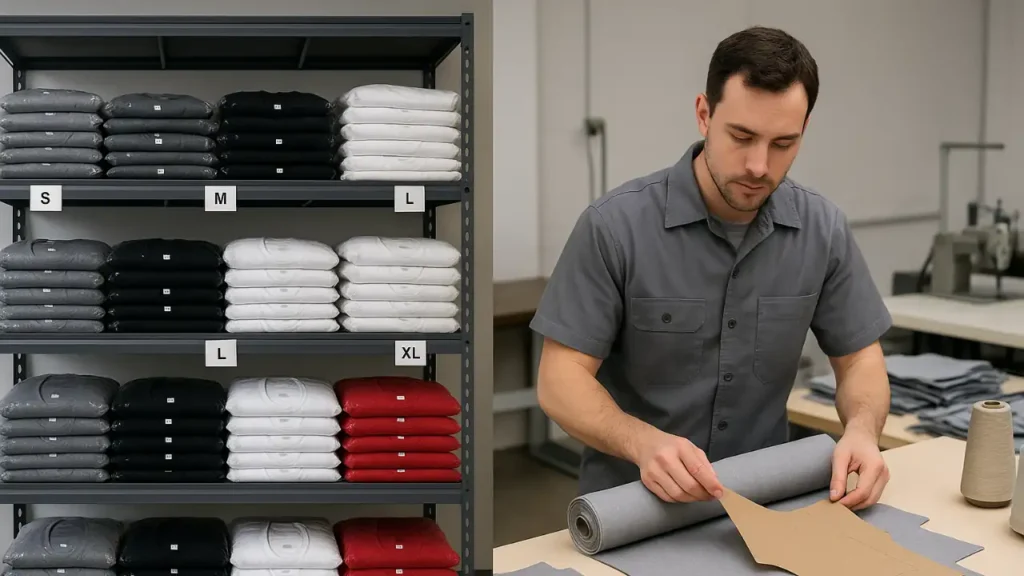
For brands building proprietary designs and long-term collections, choosing a private label garment manufacturing model in India provides deeper control over customization, quality assurance, and scalable production compared to working with wholesale suppliers.
What Working with a Supplier Looks Like
Suppliers – even well-meaning ones – typically work with pre-made stock t-shirts. While this allows for faster turnarounds, it comes at the cost of consistency and customizability.
Here’s what’s typically missing:
● Control over fabric or fit
● Sample approval before production
● Custom branding or packaging
● Transparency on certifications or factory audits
"Many startups begin with suppliers to “test the market,” but often hit limits when they try to grow or reorder."
Why Global Brands Are Turning to India
India, particularly Tiruppur, has quietly become a global destination for knitwear and t-shirt manufacturing. Brands from over 100 countries – including the USA, UK, Germany, Canada, UAE, and Australia – now work directly with Indian manufacturers.
Key reasons:
● Knitted fabric specialization (jersey, rib, interlock, pique)
● Certified factories (WRAP, BSCI, OEKO-TEX, GOTS)
● Flexible production volumes for emerging and growing brands
● Experienced export documentation and compliance
● Access to organic cotton, recycled blends, and performance yarns
When you combine technical expertise with ethical pricing, India offers a powerful sourcing advantage.
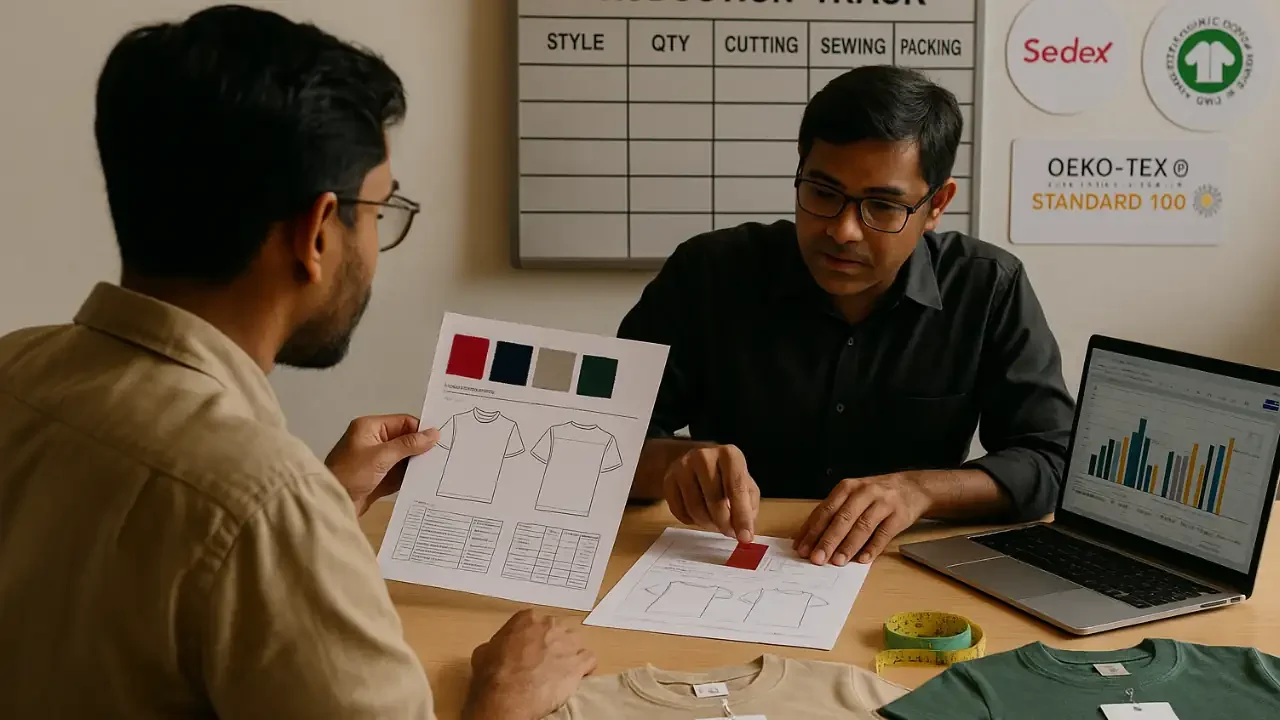
Risks When You Rely on the Wrong Model
Here are real examples we’ve handled as a sourcing office:
✅ A Berlin-based brand received three different shades of “black” across restocks – because the supplier changed factories silently.
✅ A Canadian label couldn’t reorder its best-selling fit – the original factory was unavailable, and specs were undocumented.
✅ A Gulf-region brand lost time and money due to incorrect packaging, which failed at customs inspection.
Each of these issues came down to one root cause: no connection to the actual production process.
Supplier or Manufacturer? When to Choose What
There’s no universal rule for every brand – but experience shows clear signals for when to work with a manufacturer versus a supplier.
Choose a Supplier if:
📌 You need ready-made stock for testing or short-term campaigns
📌 You’re okay with limited customization and faster dispatch
📌 Your product doesn’t require consistent fabric or fit across batches
Choose a Manufacturer if:
📌 You want to build a product unique to your brand
📌 You need control over fabric, sizing, prints, and packaging
📌 You plan to scale or repeat collections in the future
📌 You care about consistency, branding, and long-term margins
"Most fast-growing brands start with suppliers and transition to manufacturers once they realize stock options can’t keep up with product integrity or repeatability."
How Mirthuni Apparel Sourcing Supports Global Brands
At Mirthuni Apparel Sourcing, we serve as your local production partner in India. We act as your bridge to certified garment factories that understand international standards, quality, and branding.
Our services include:
● Fabric & trim sourcing
● Sample development & fit approvals
● Factory coordination & production monitoring
● Quality control at every stage
● Branded packing and shipping document support
We’ve supported brands across North America, Europe, the Middle East, and Oceania – helping them build sustainable backend systems in Tiruppur, without managing 10 vendors on their own.
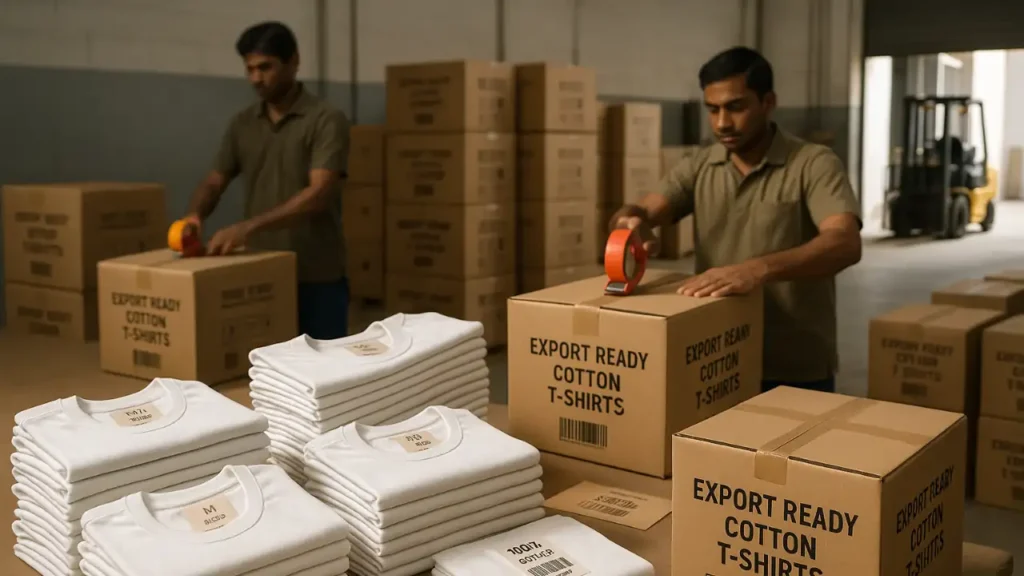
Final Thoughts
If your goal is to build a reliable, consistent, and scalable fashion brand, the choice is clear.
Suppliers sell you a product. Manufacturers help you build a brand.
And if you want to do it with clarity and confidence, work with a sourcing team that lives and works inside the production ecosystem. That’s what we do at Mirthuni Apparel – day in, day out.
